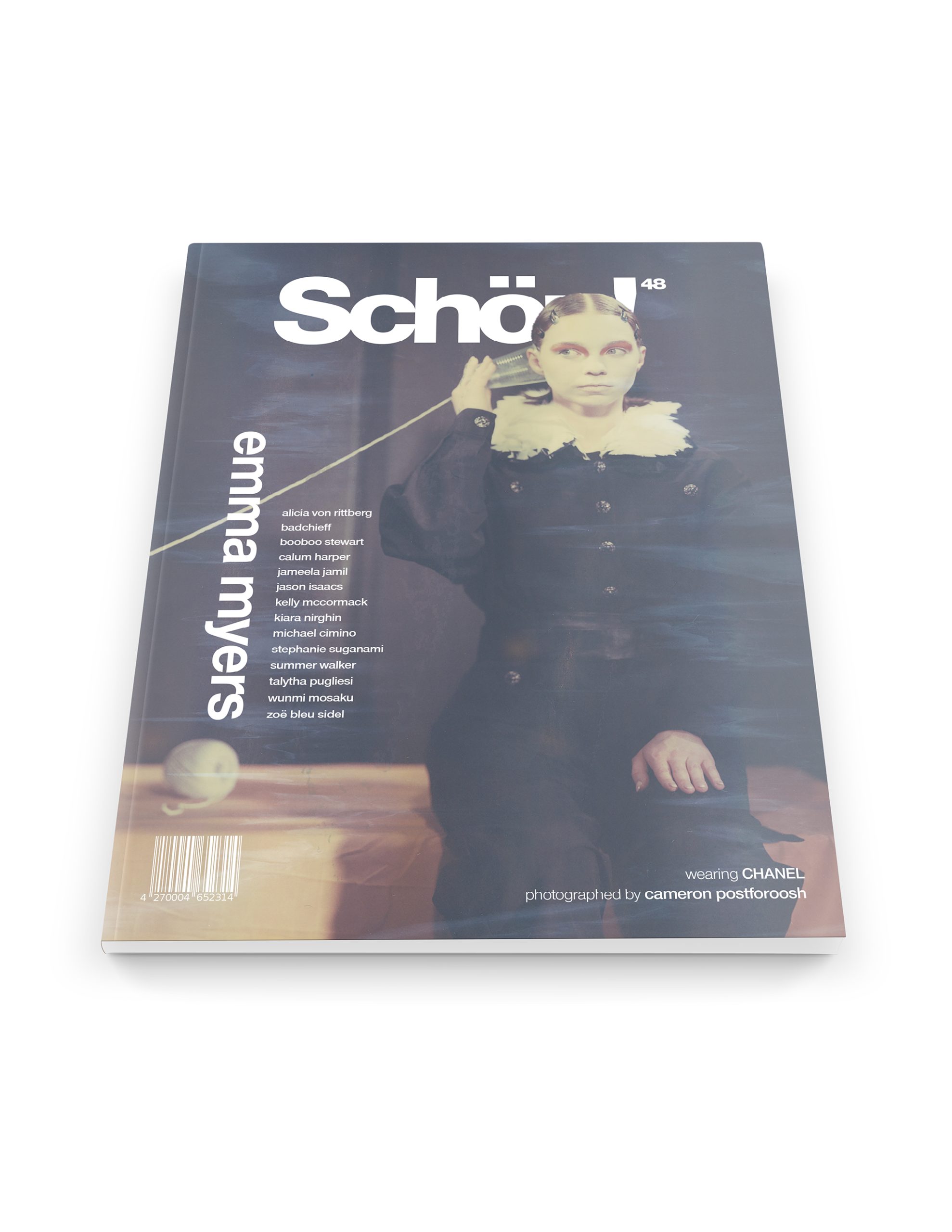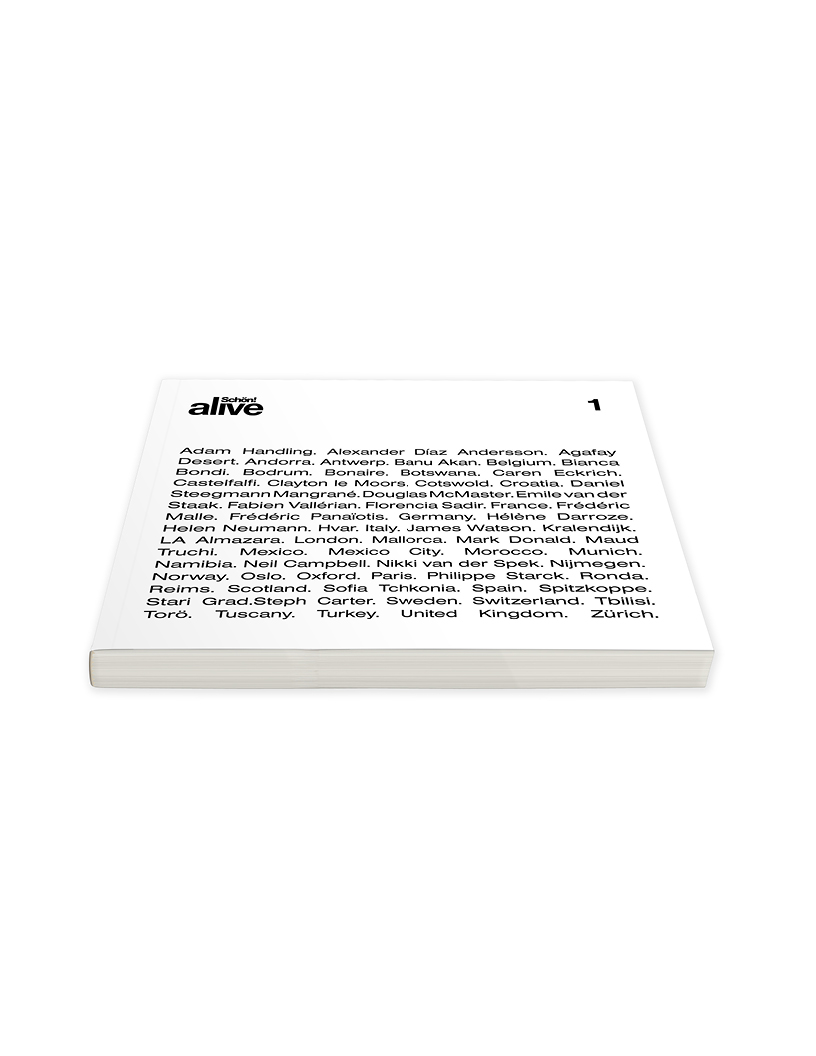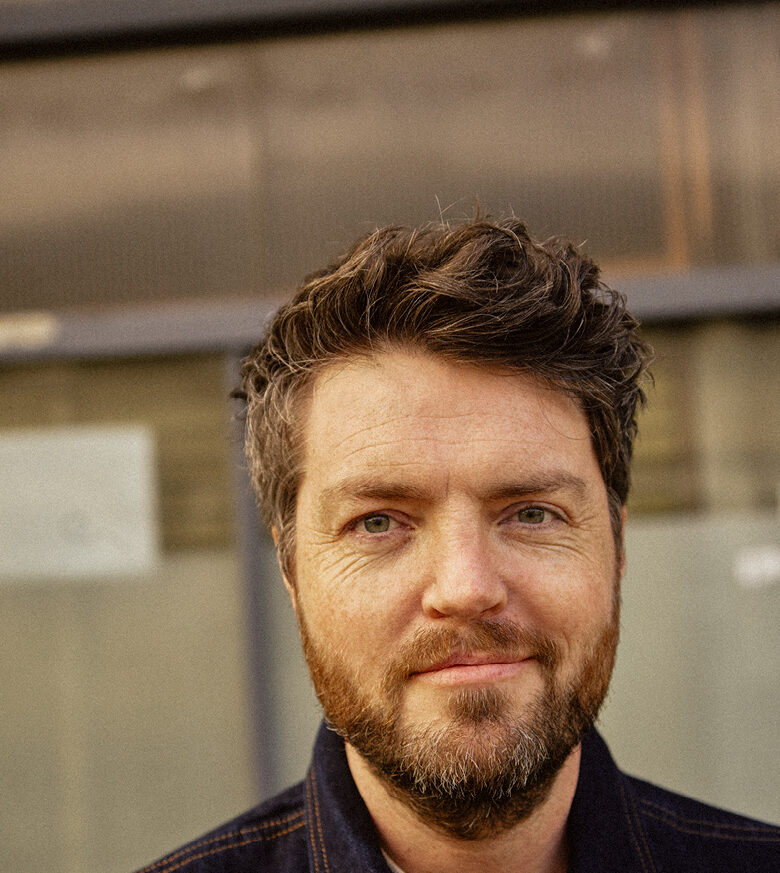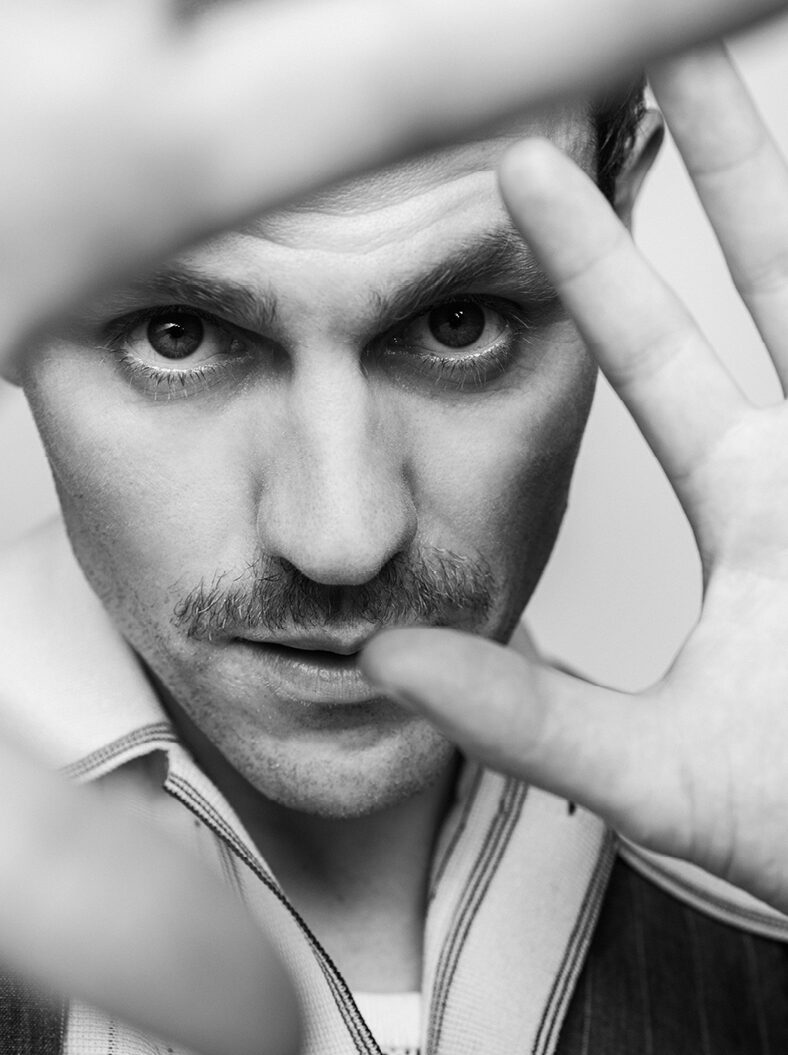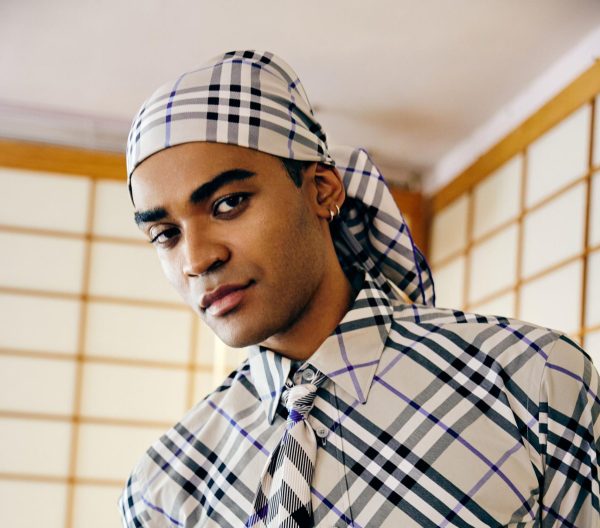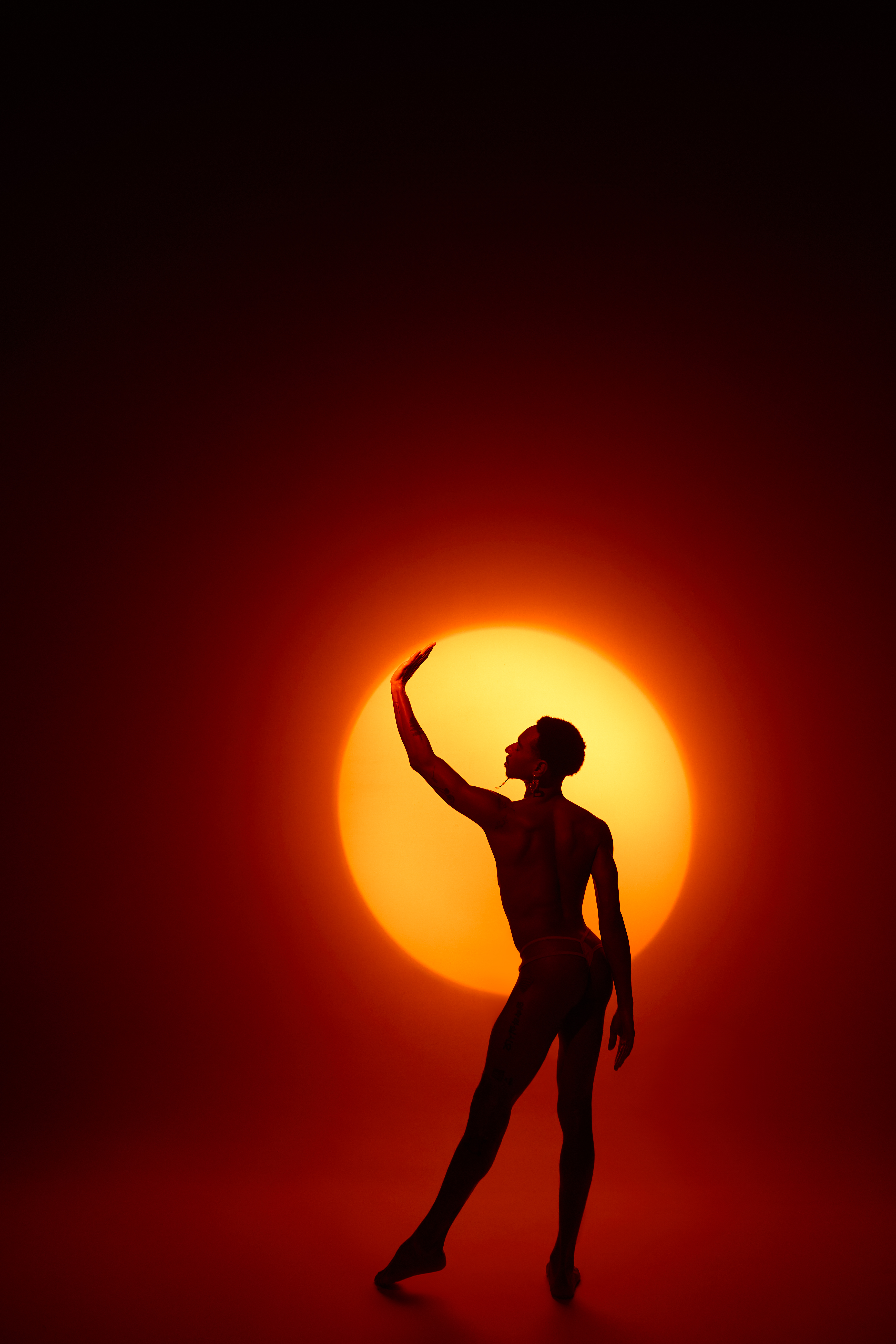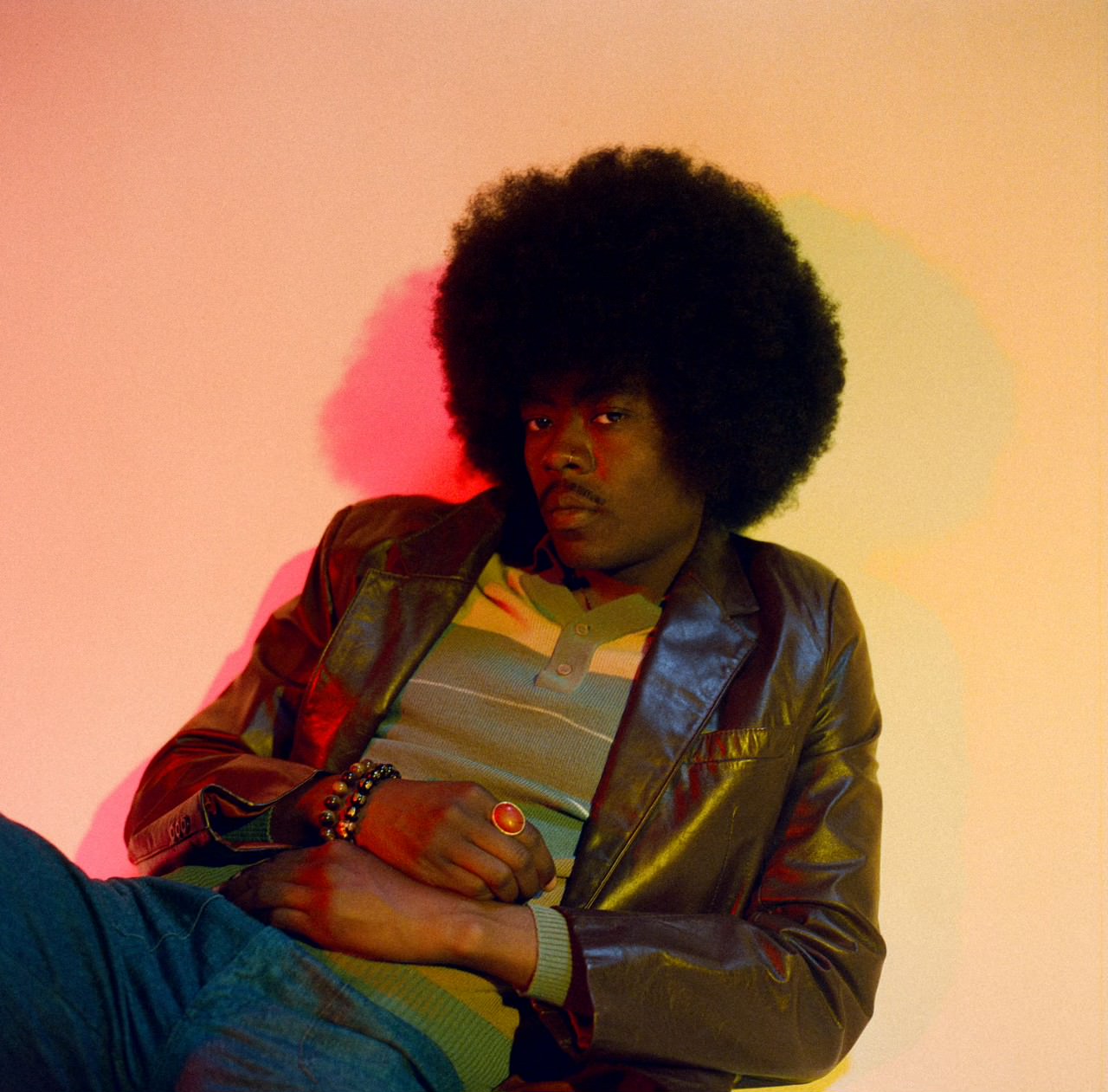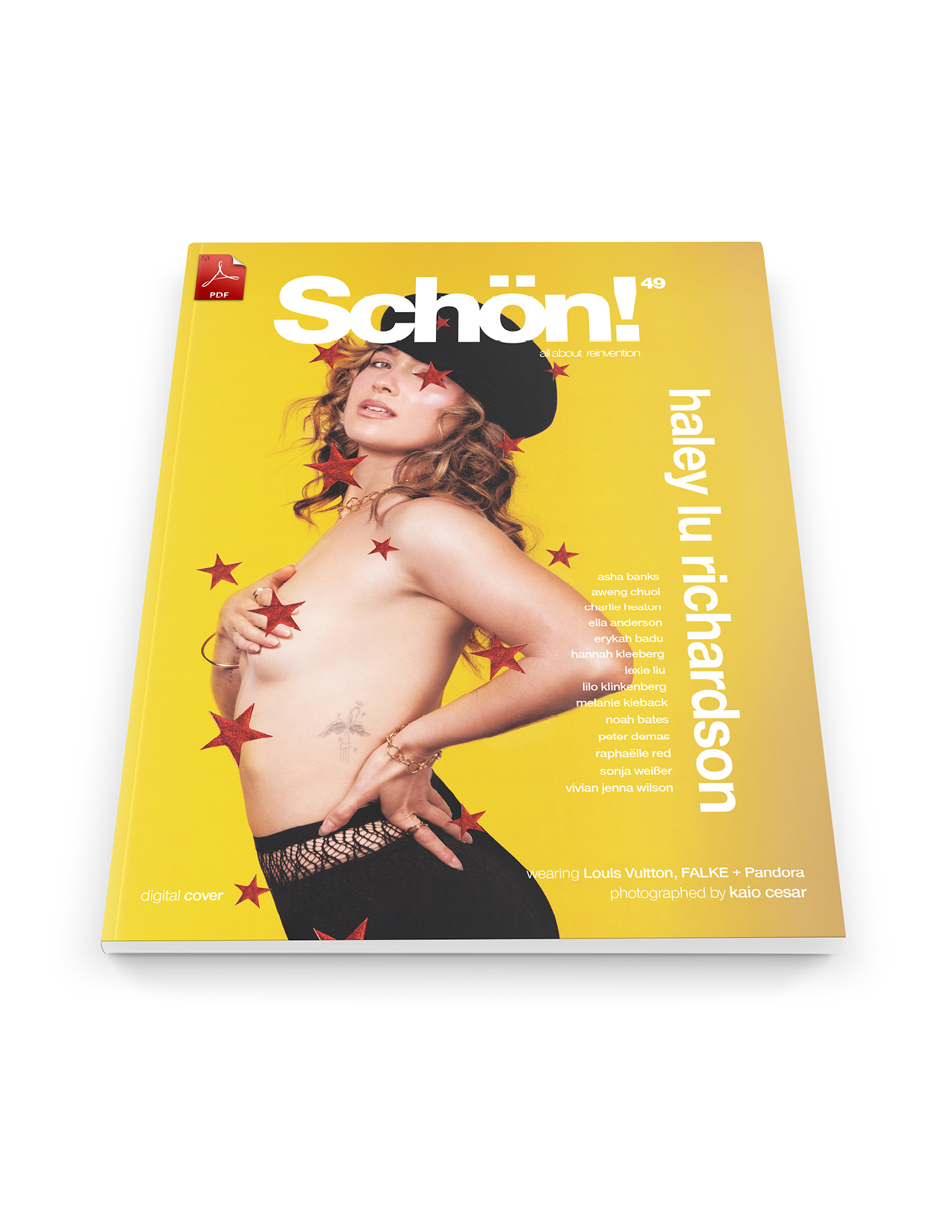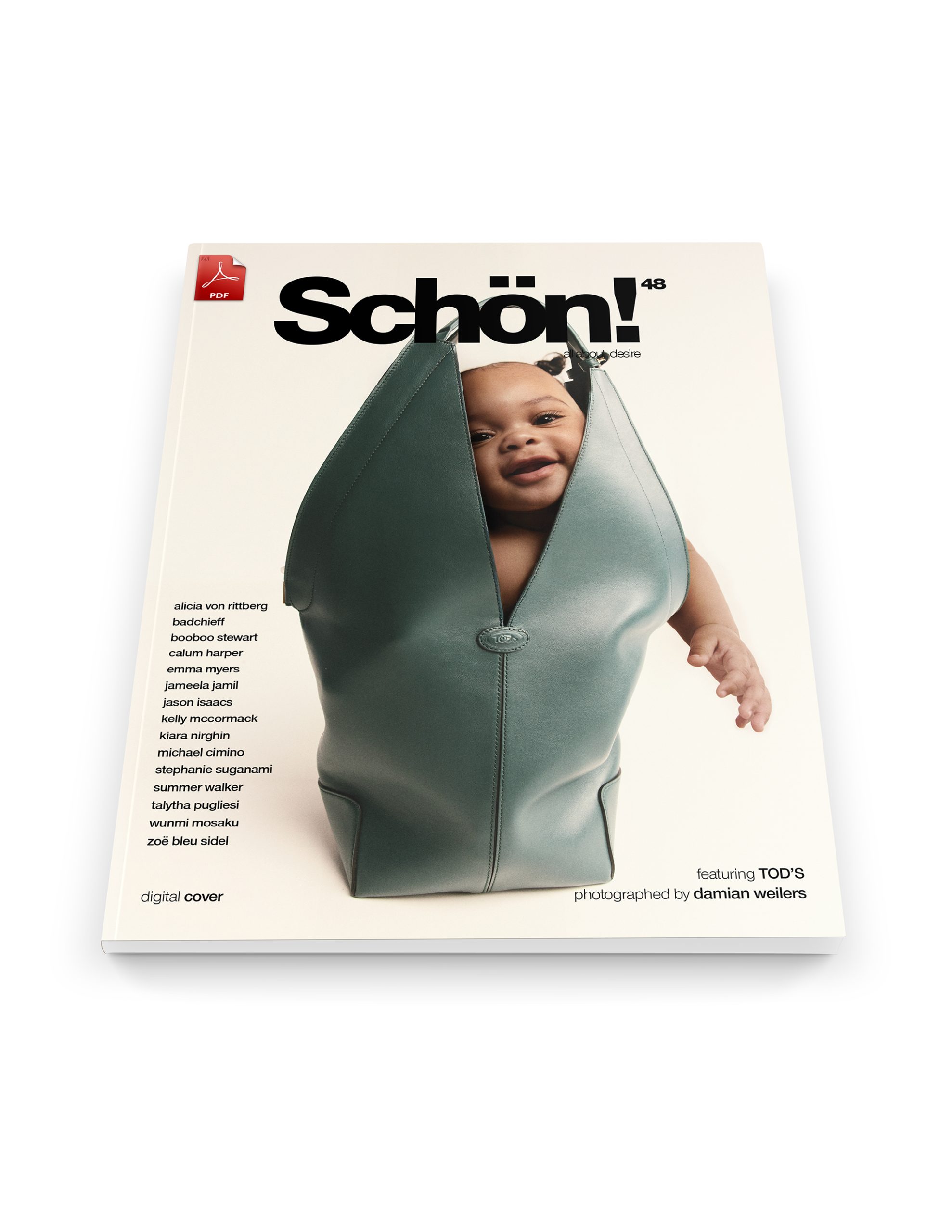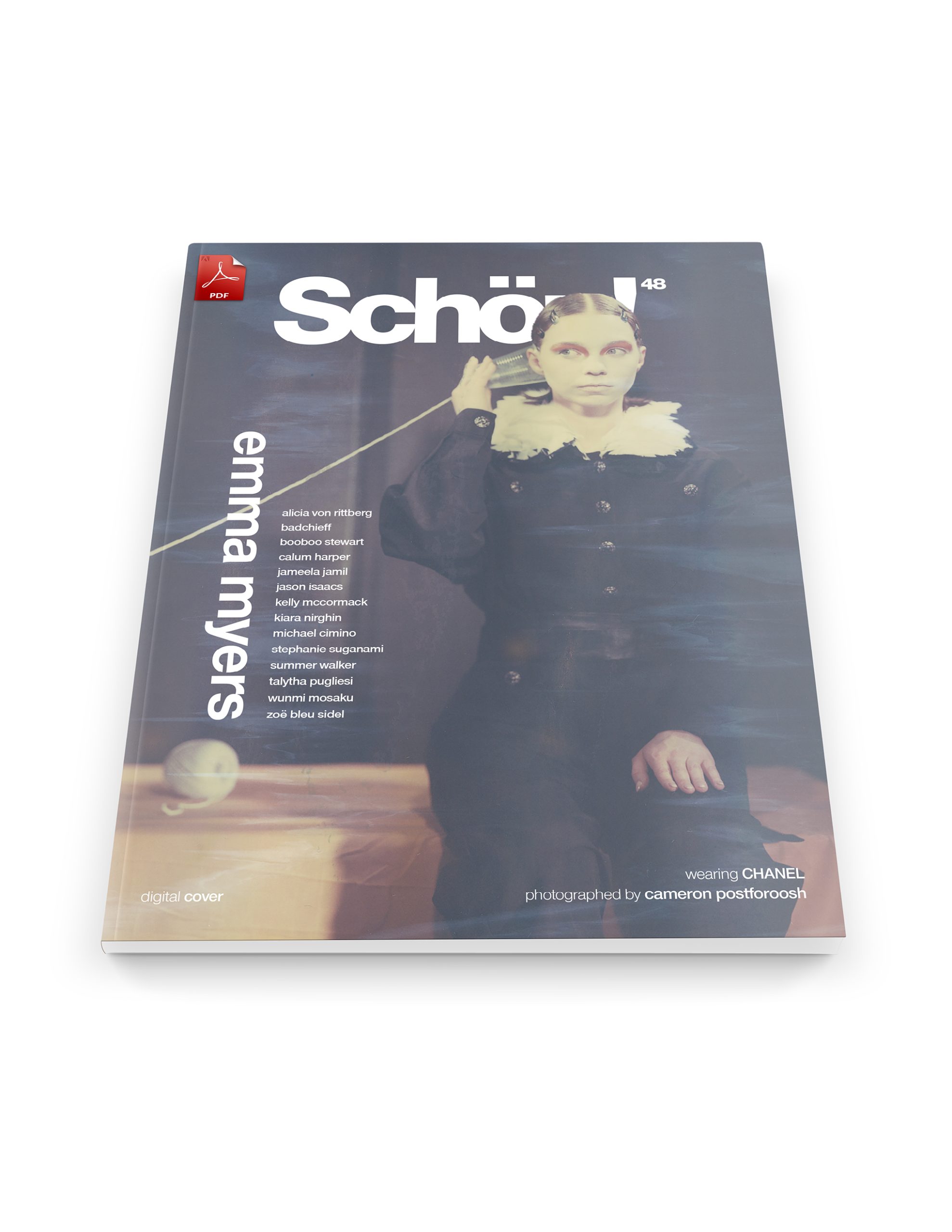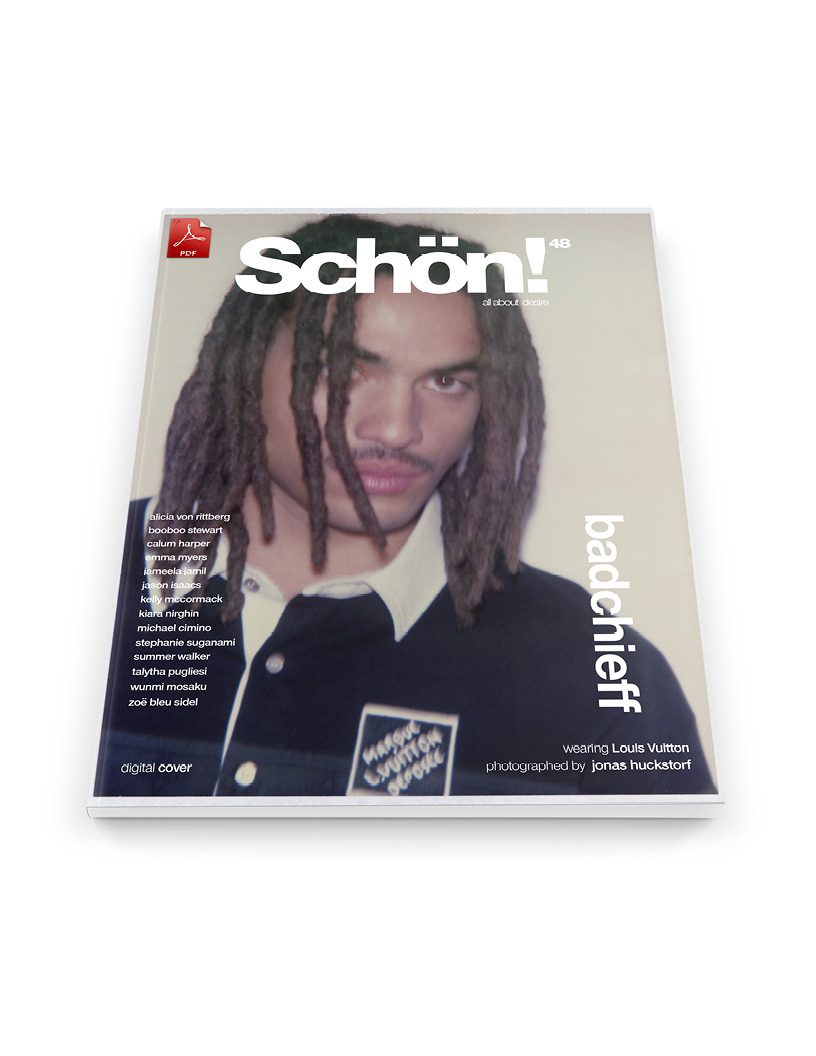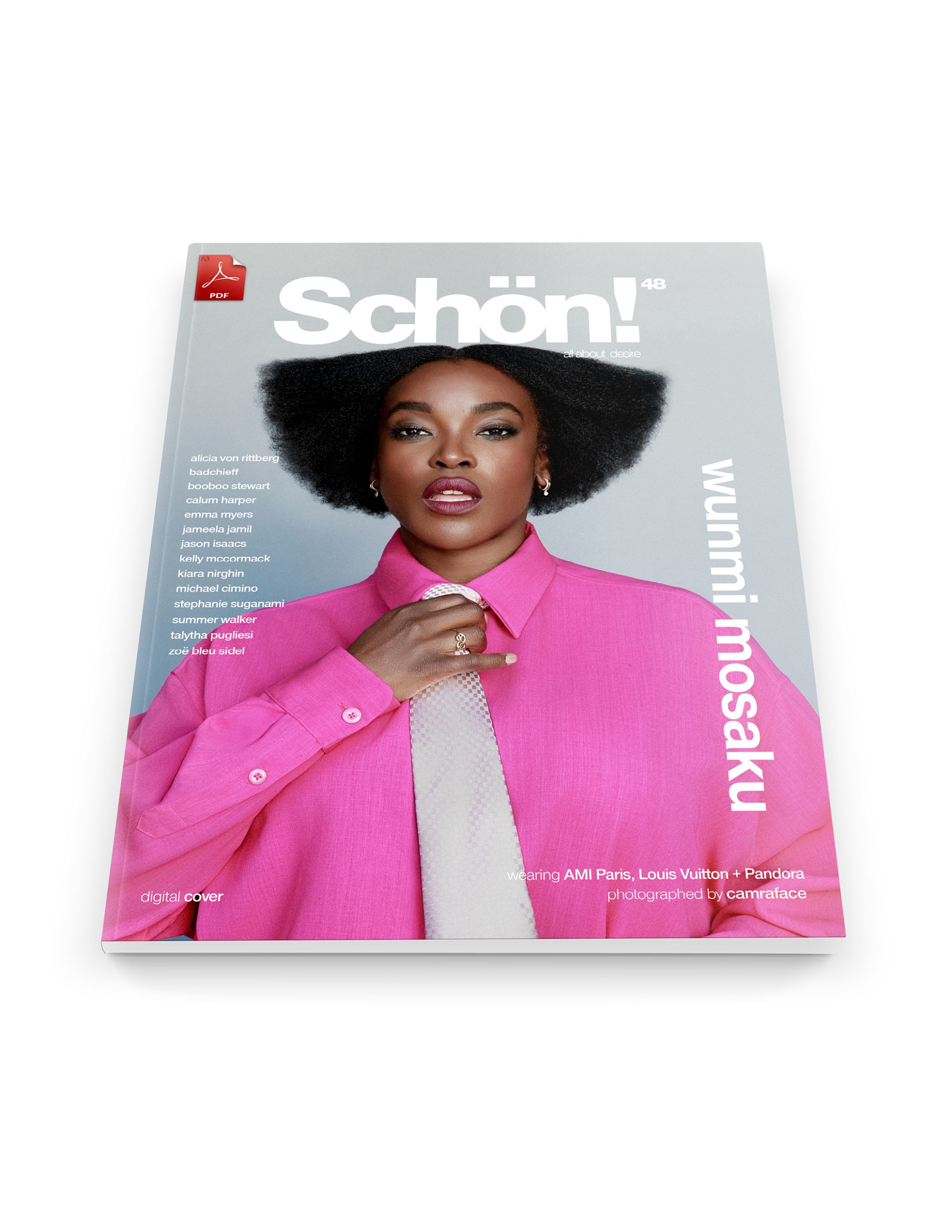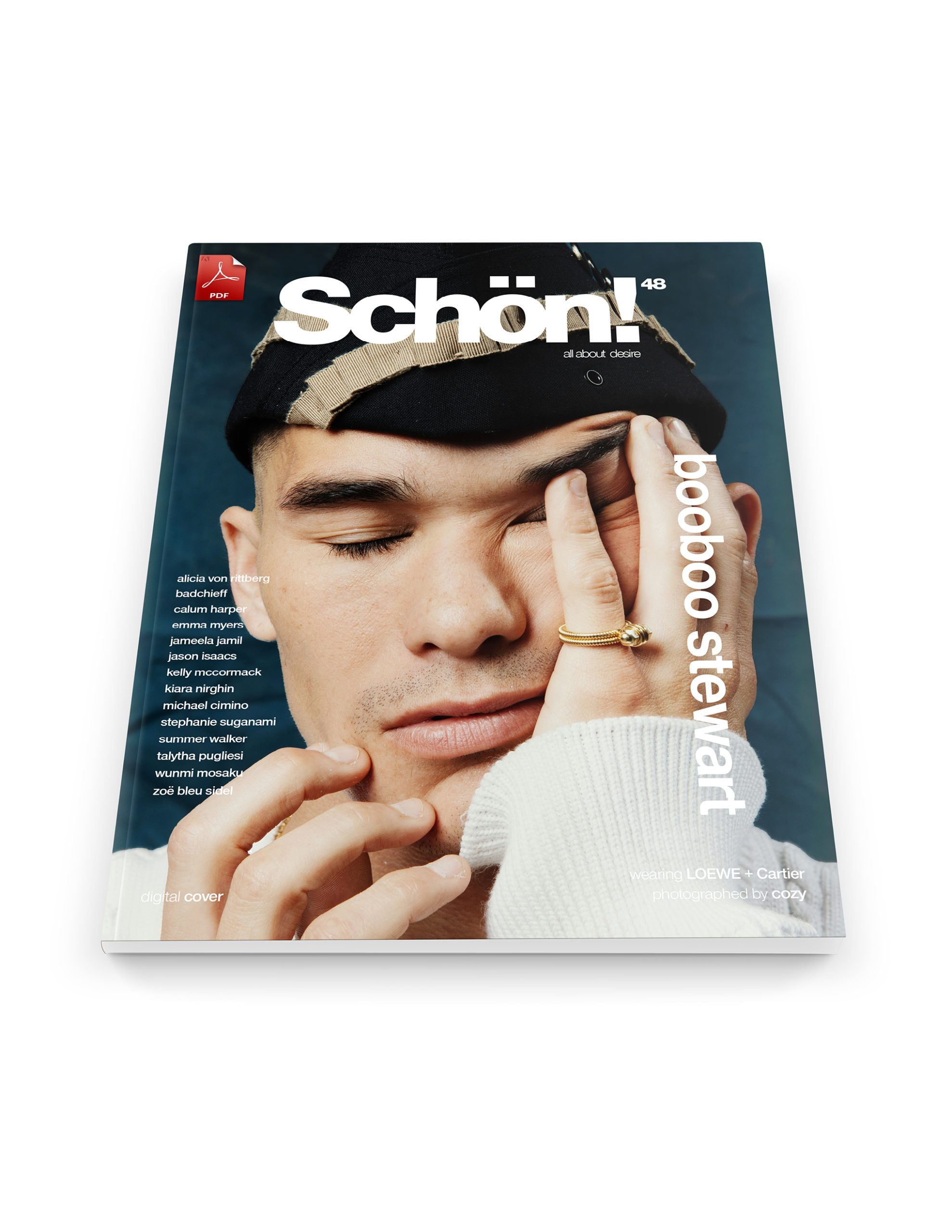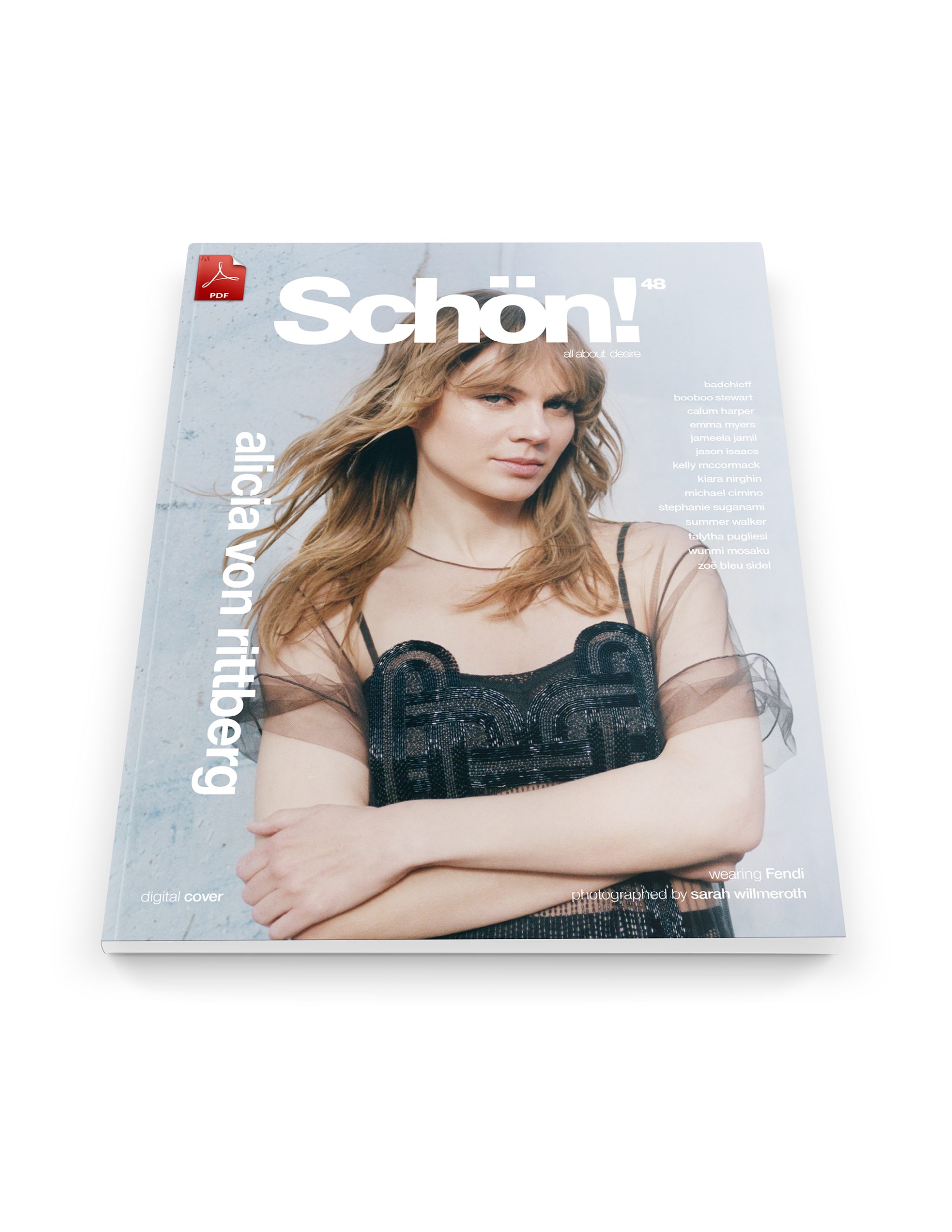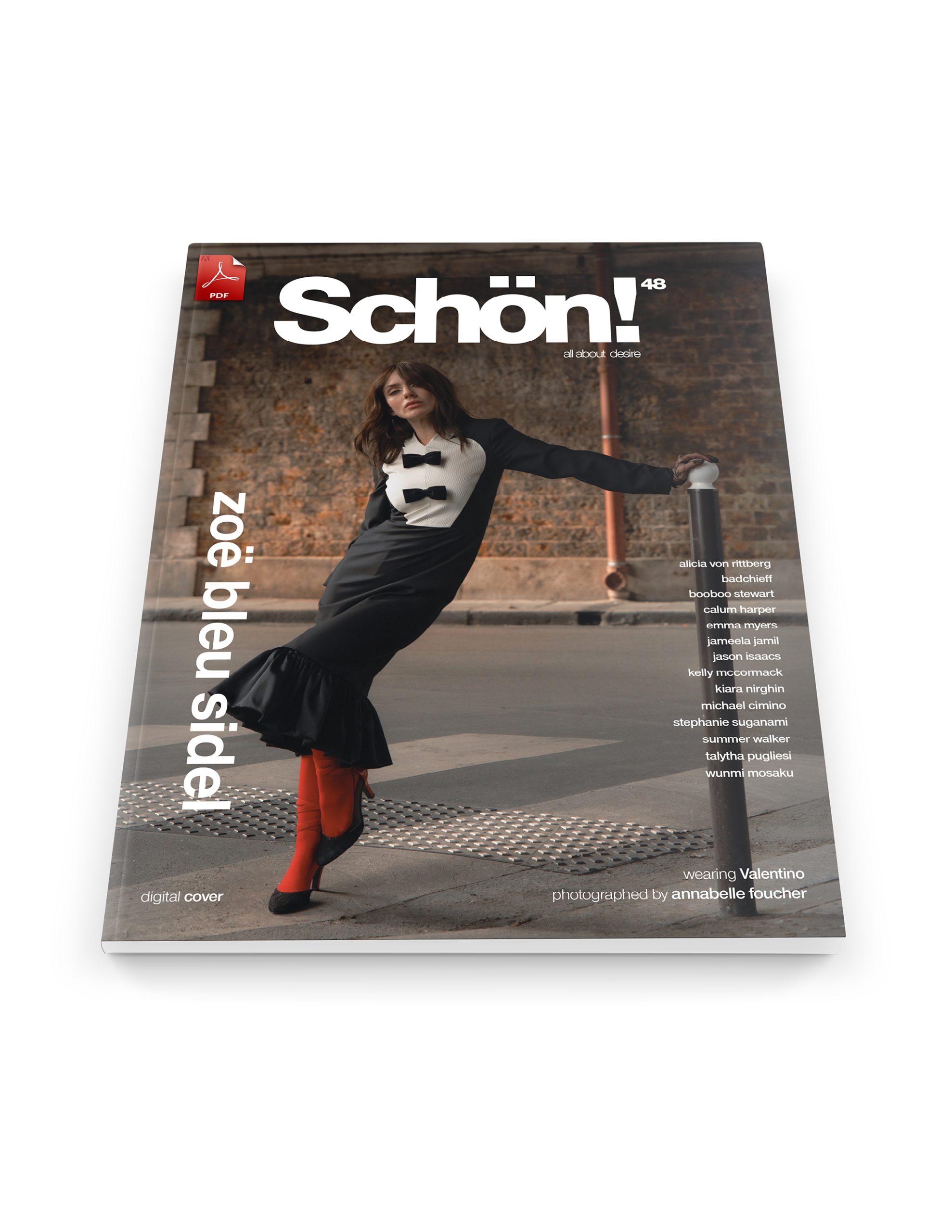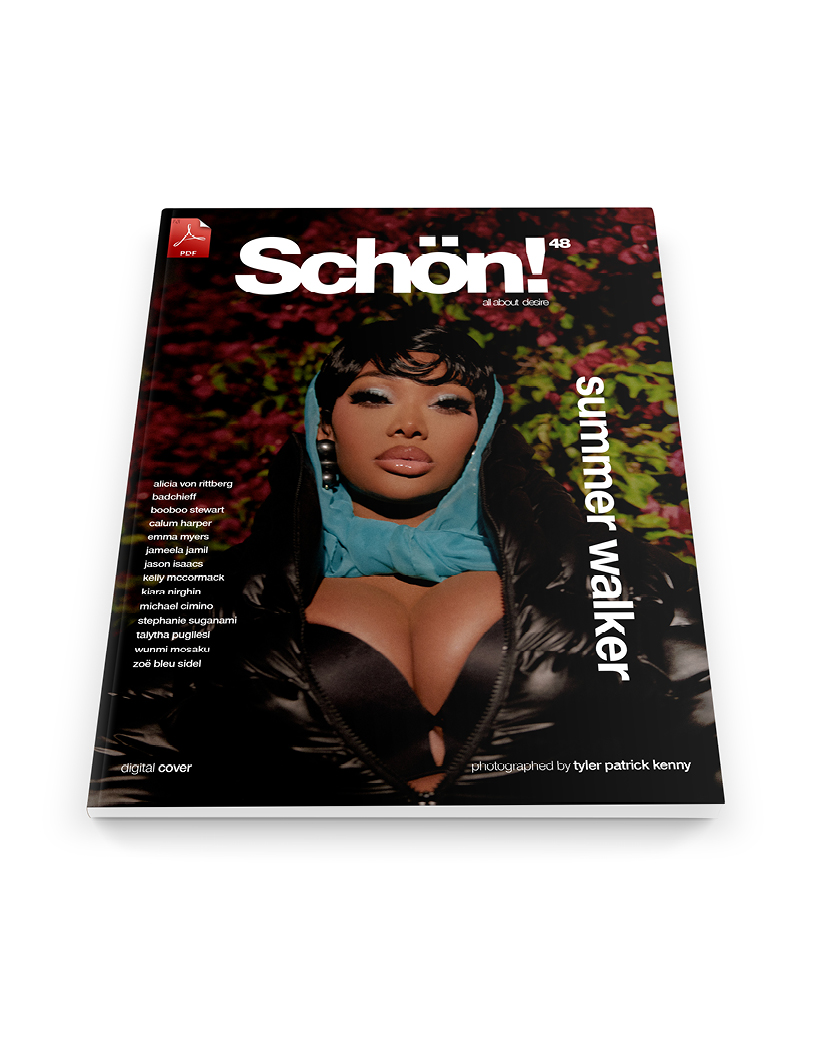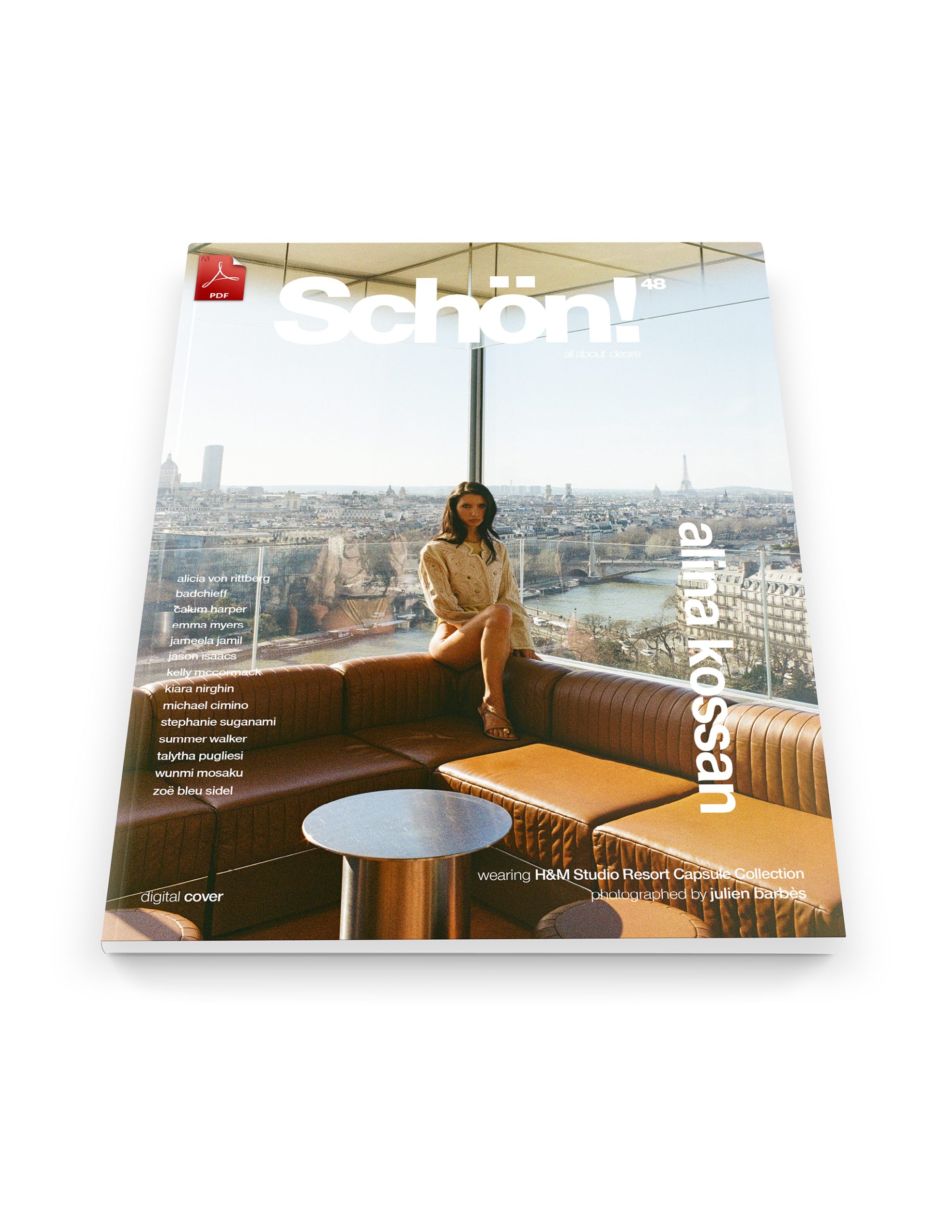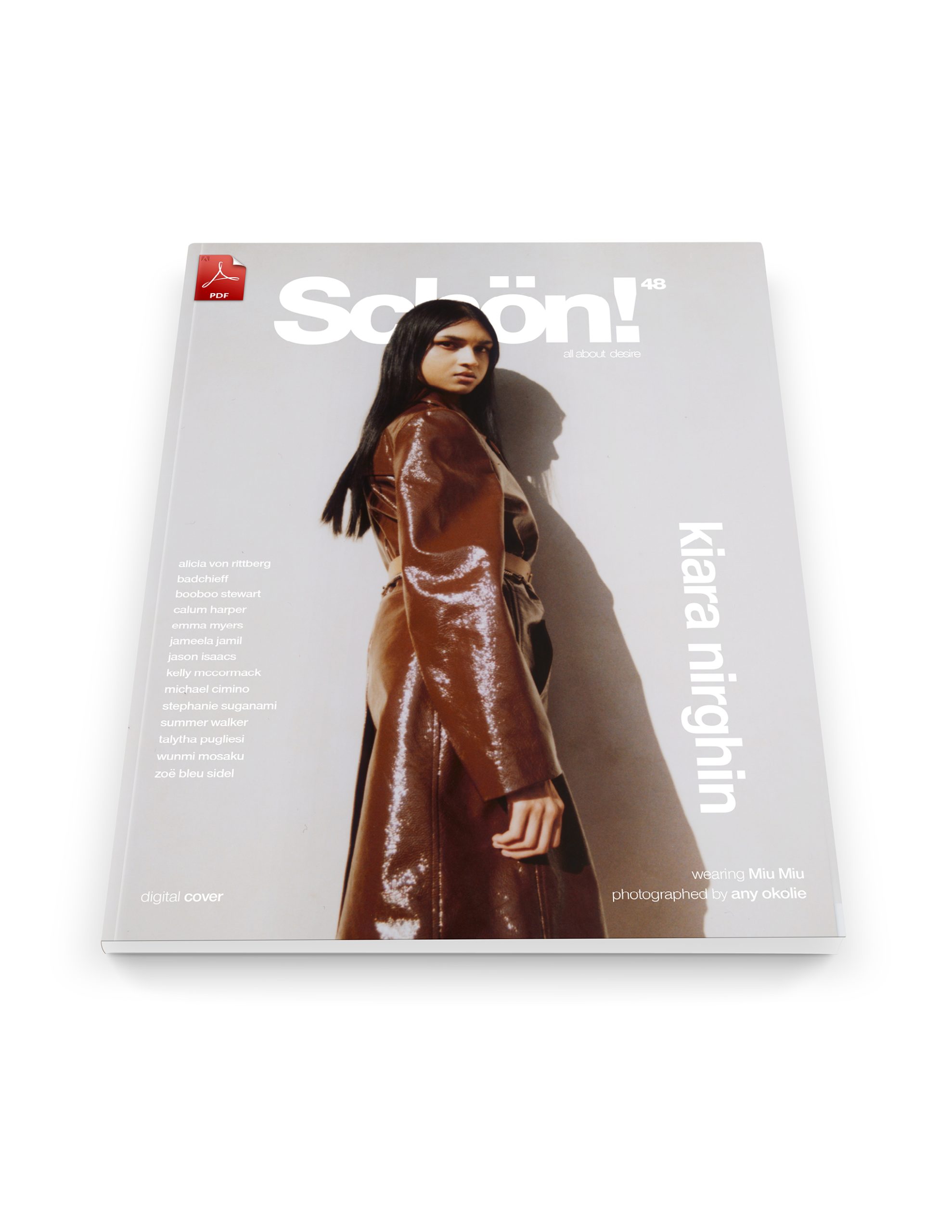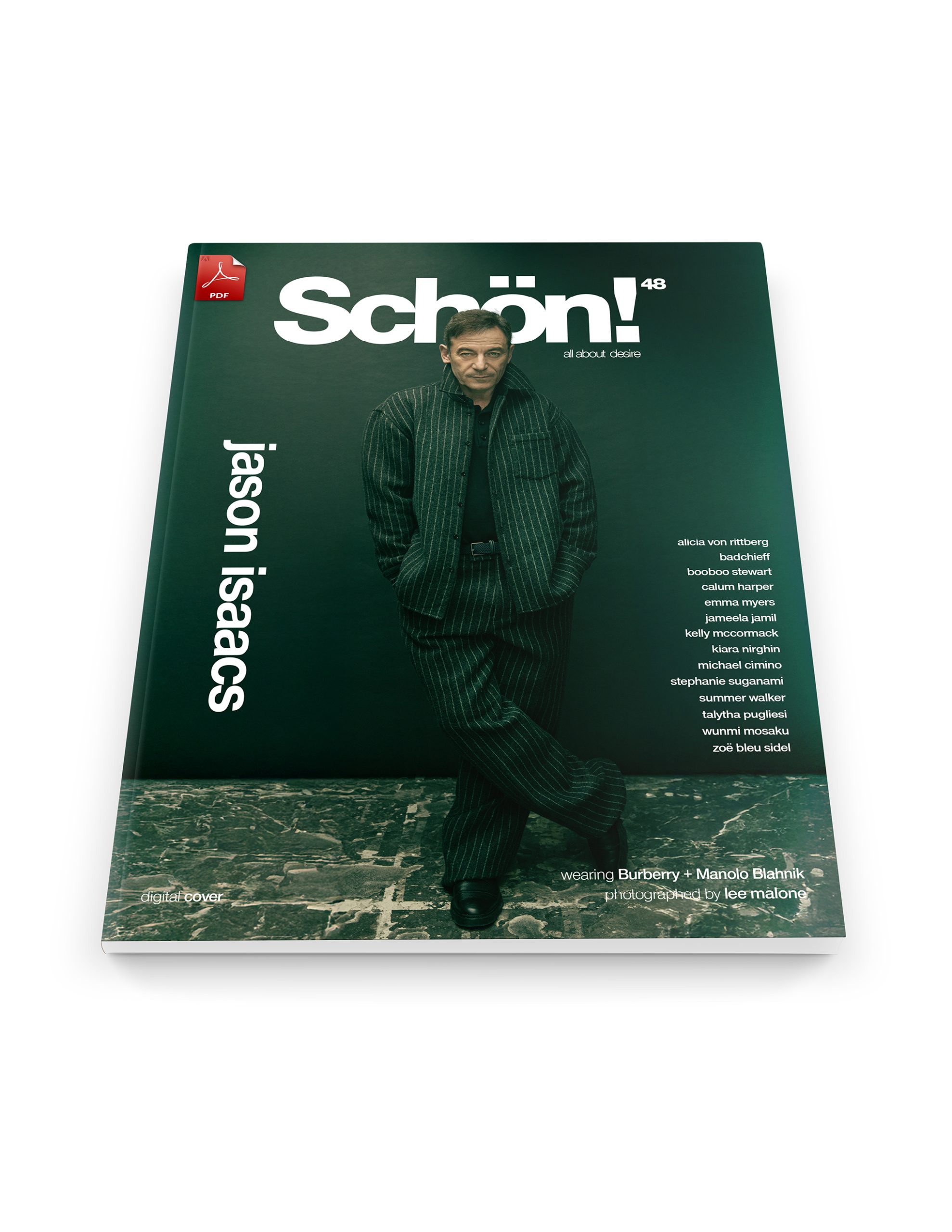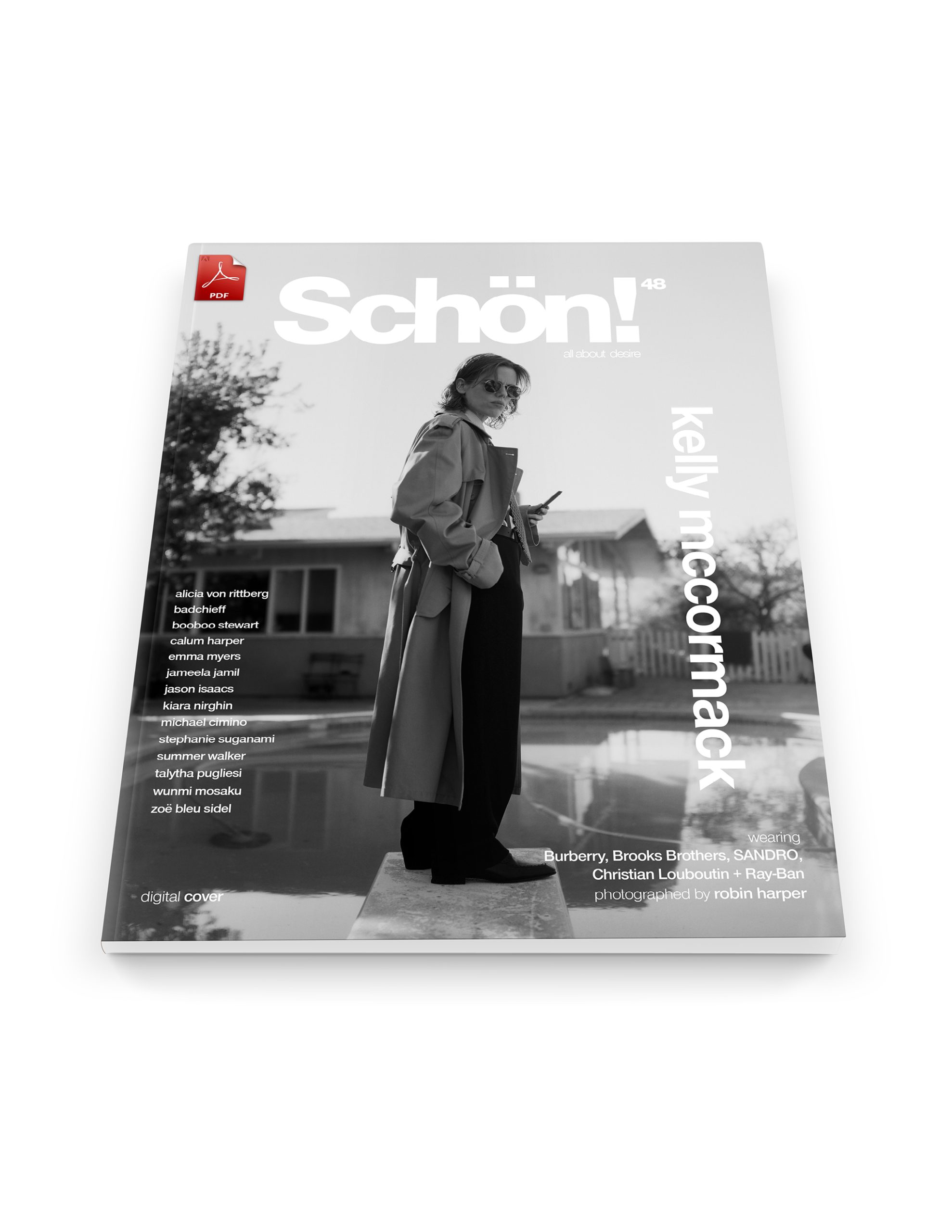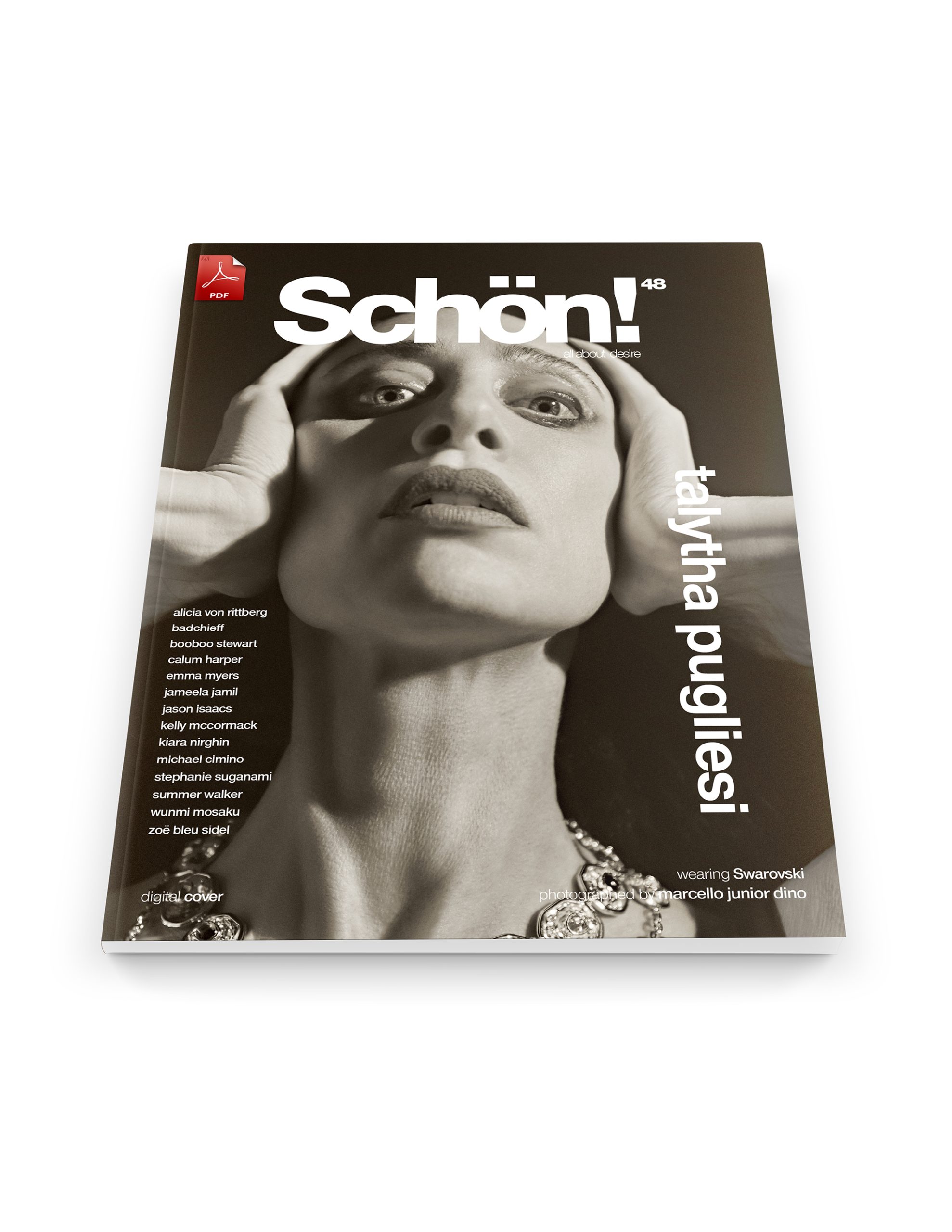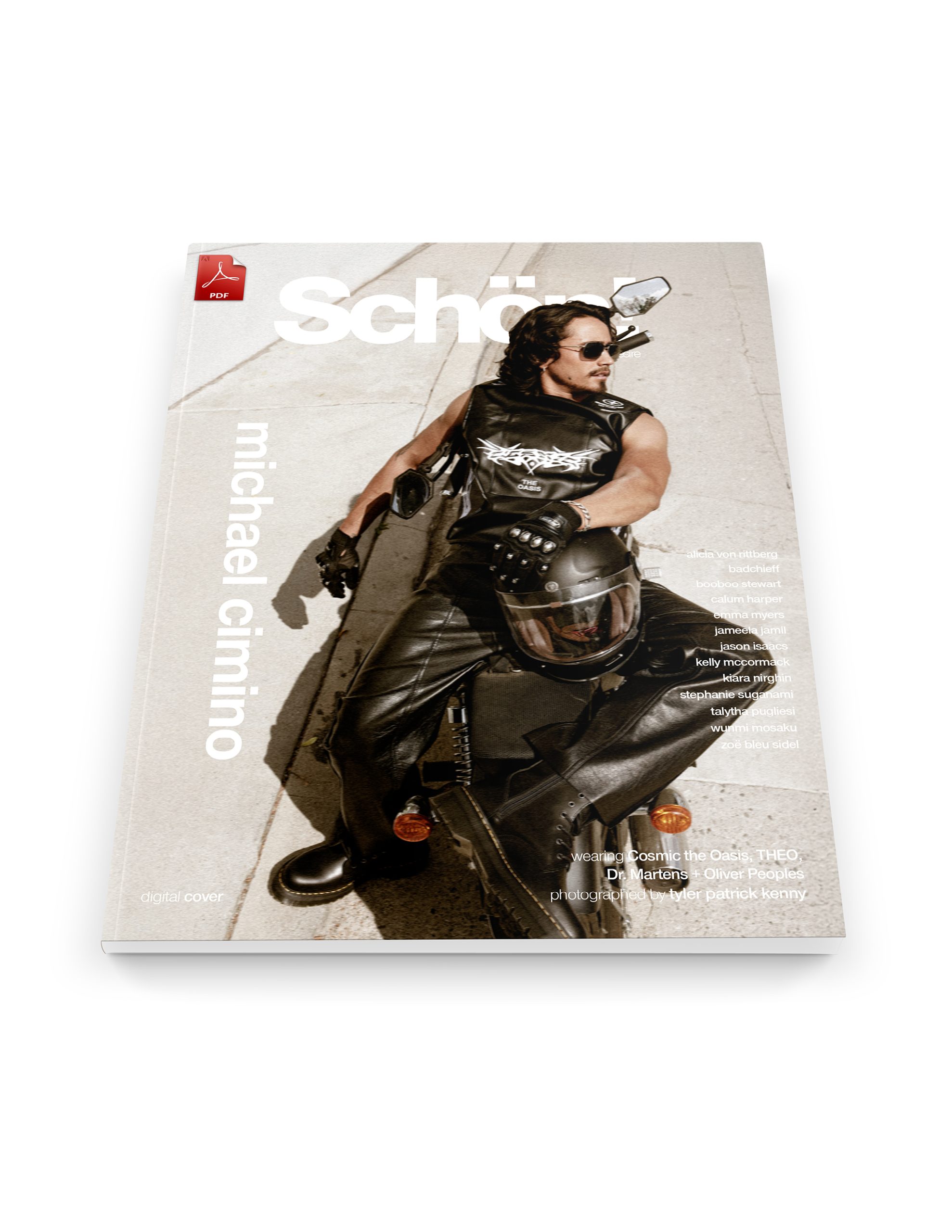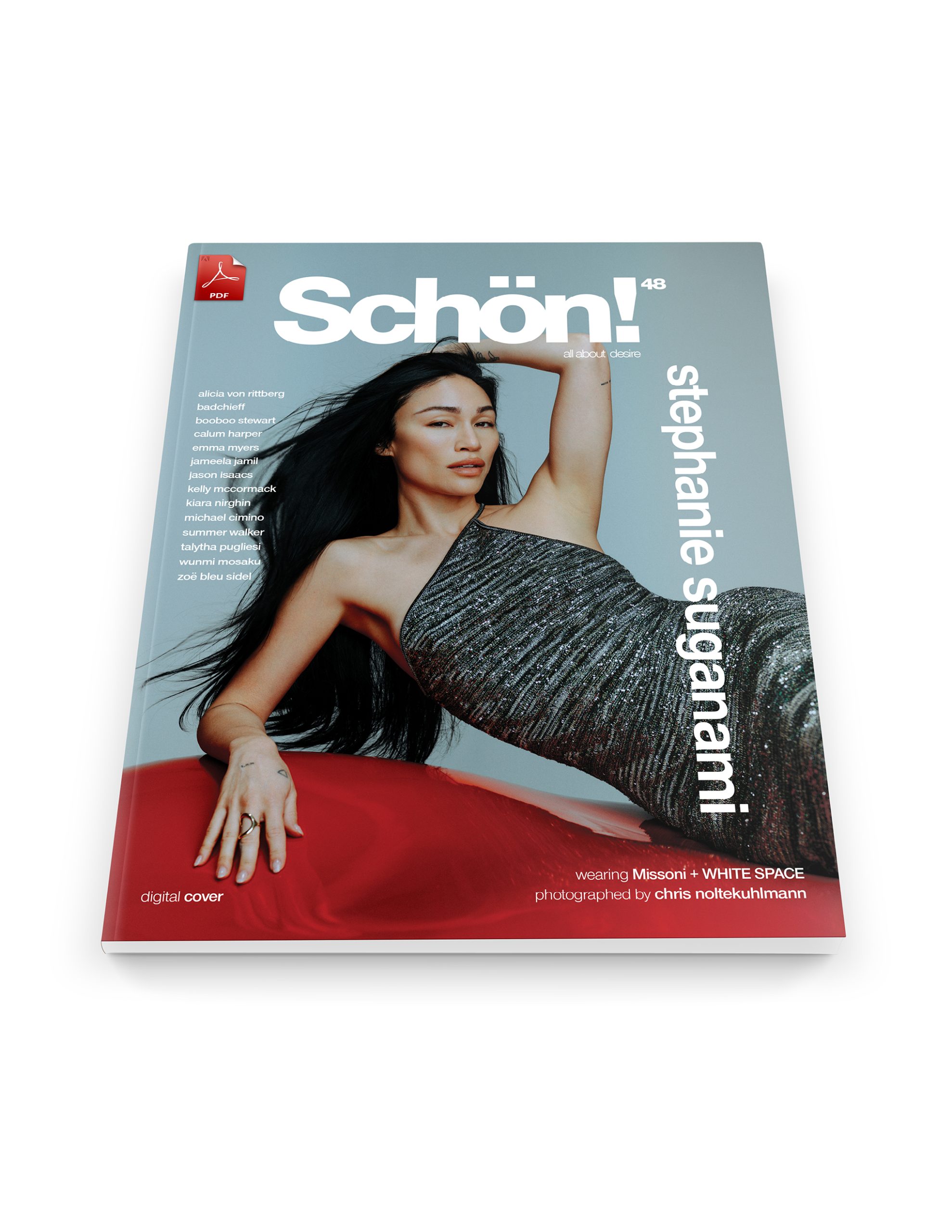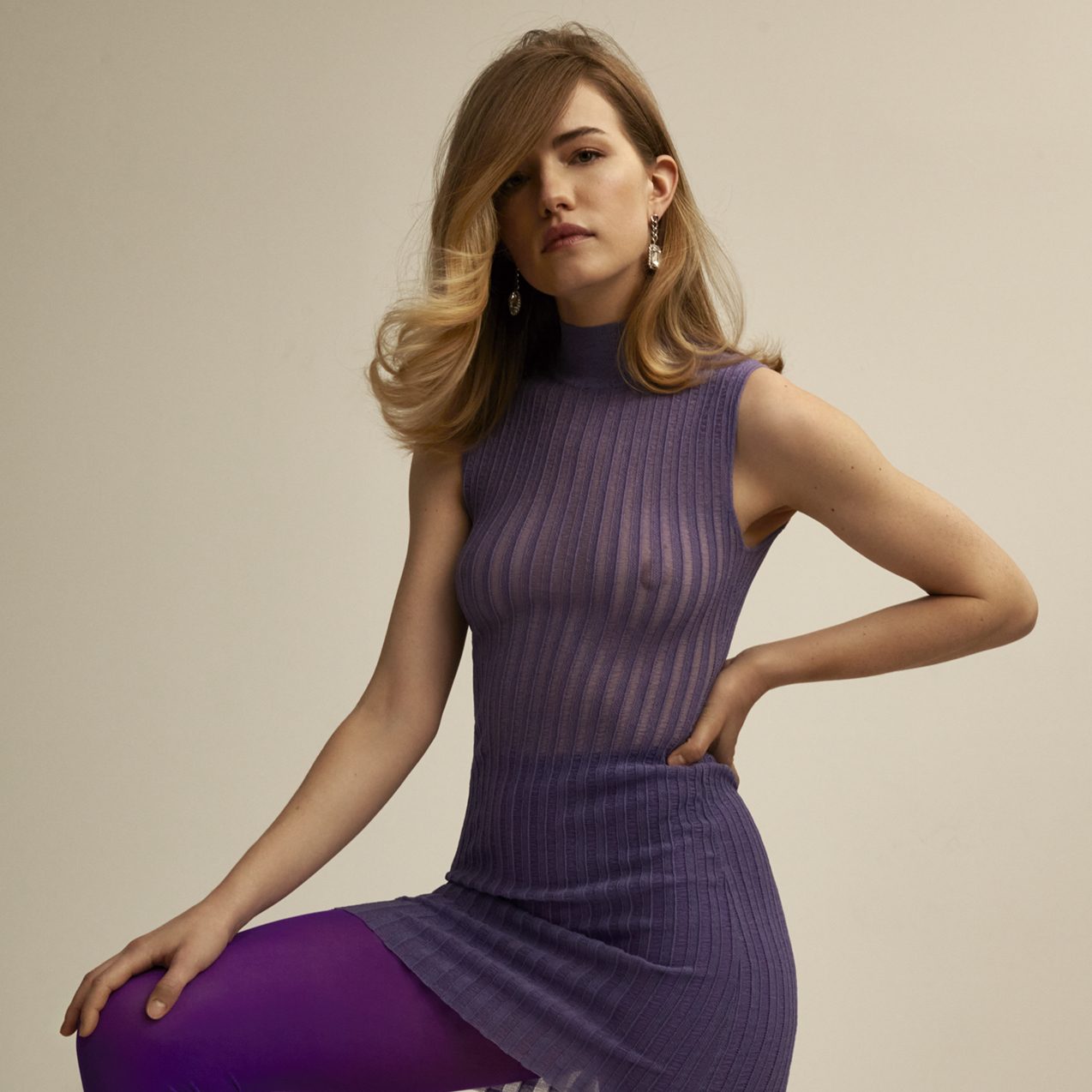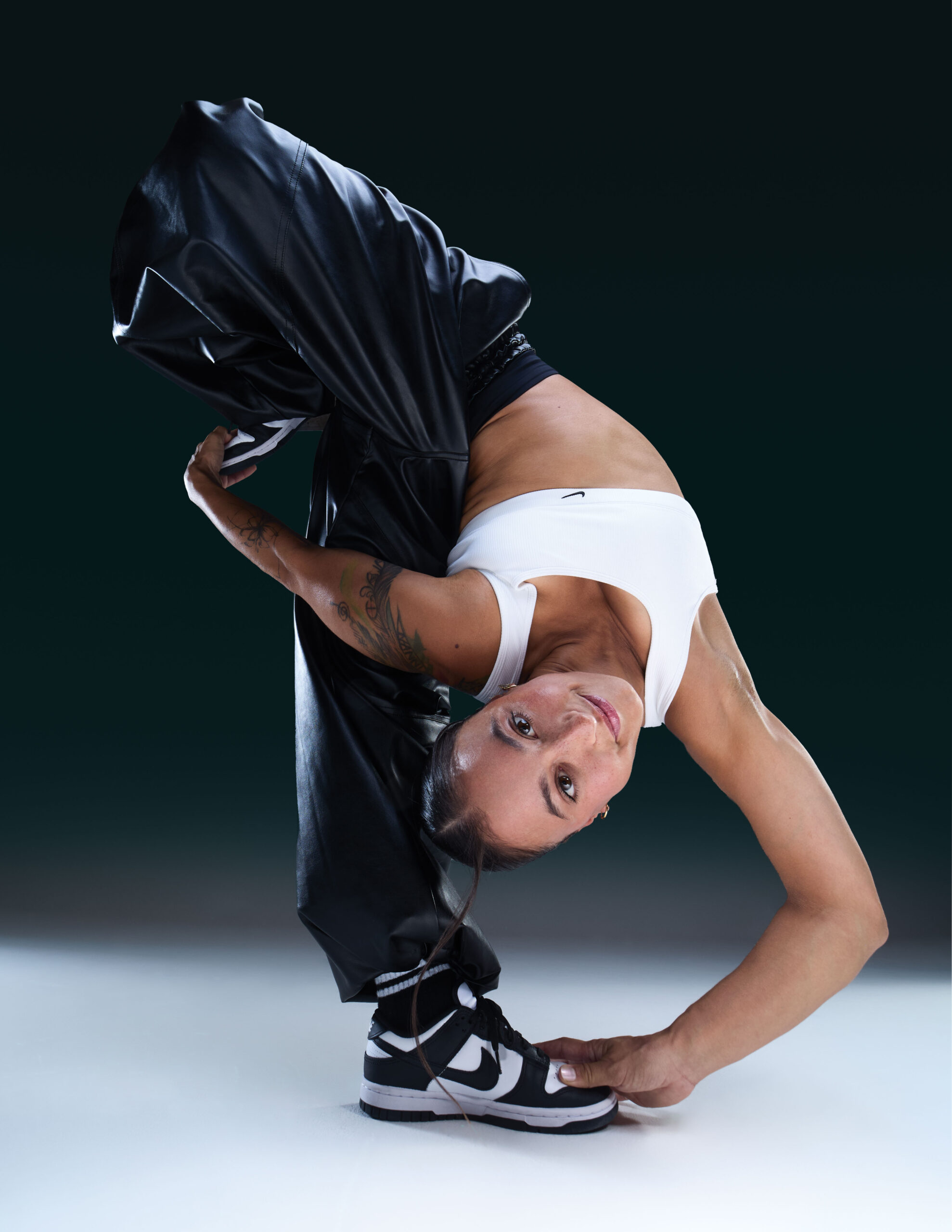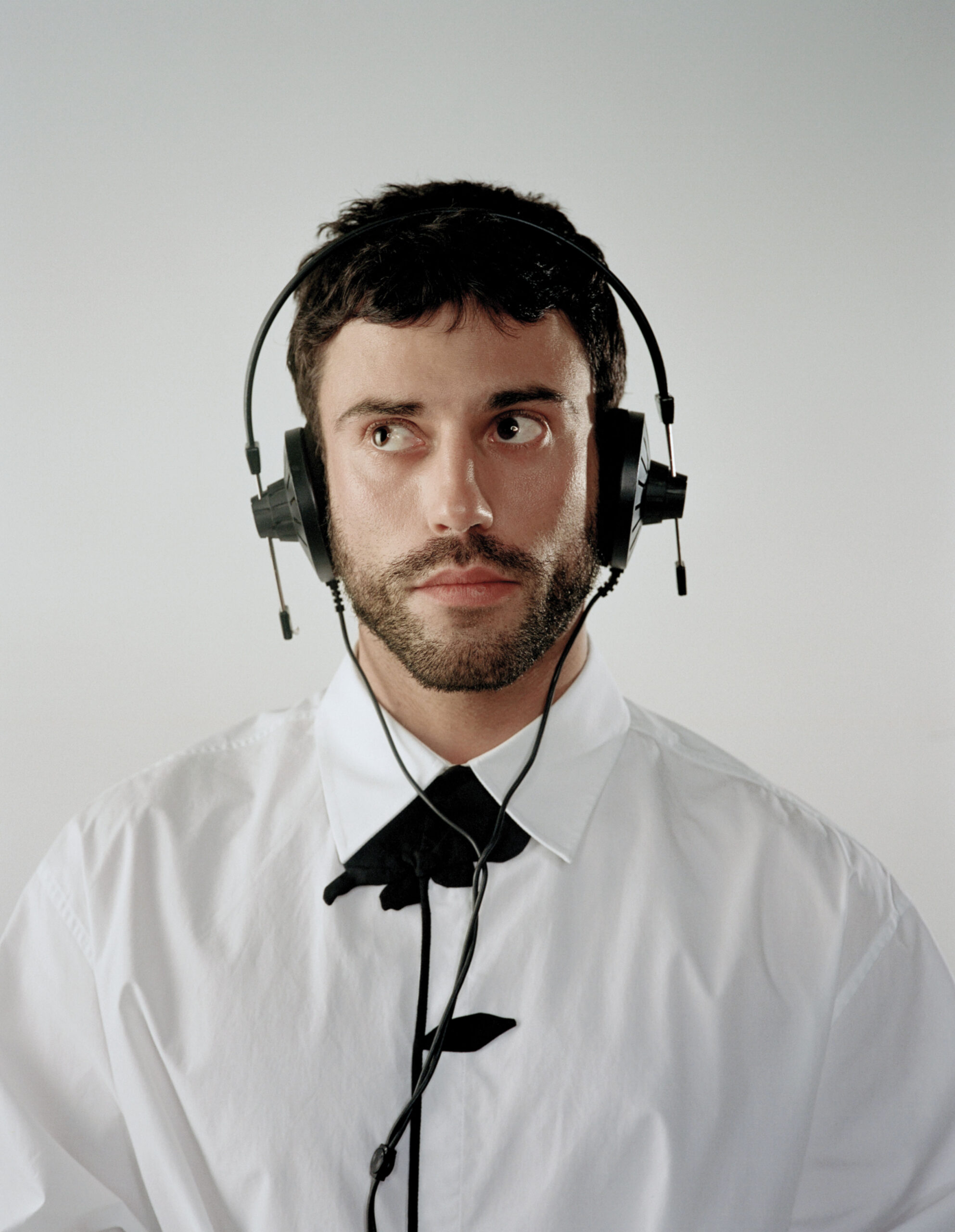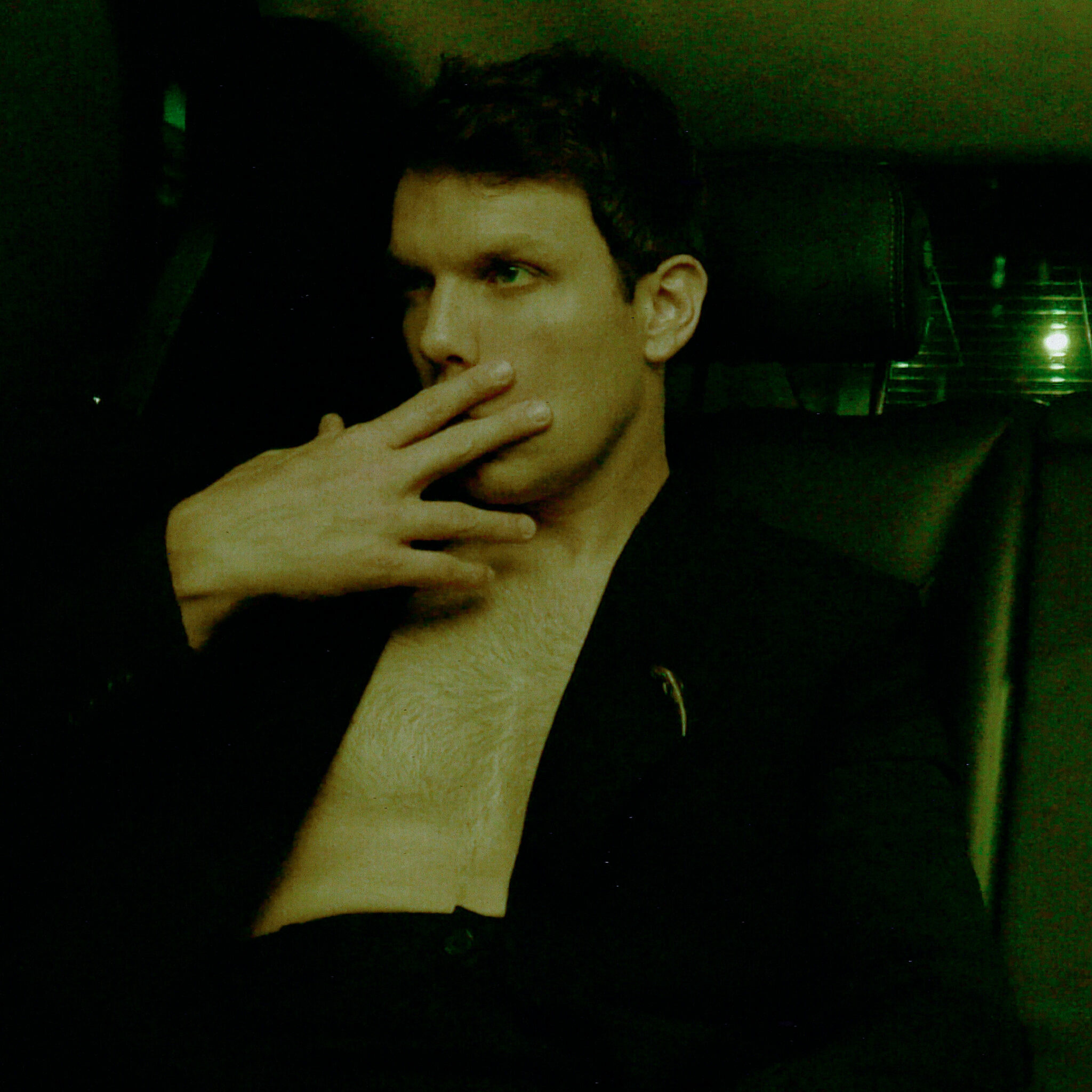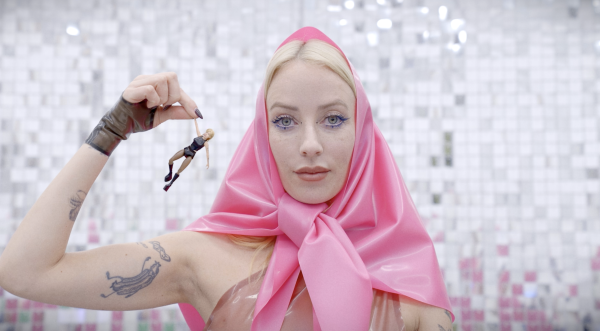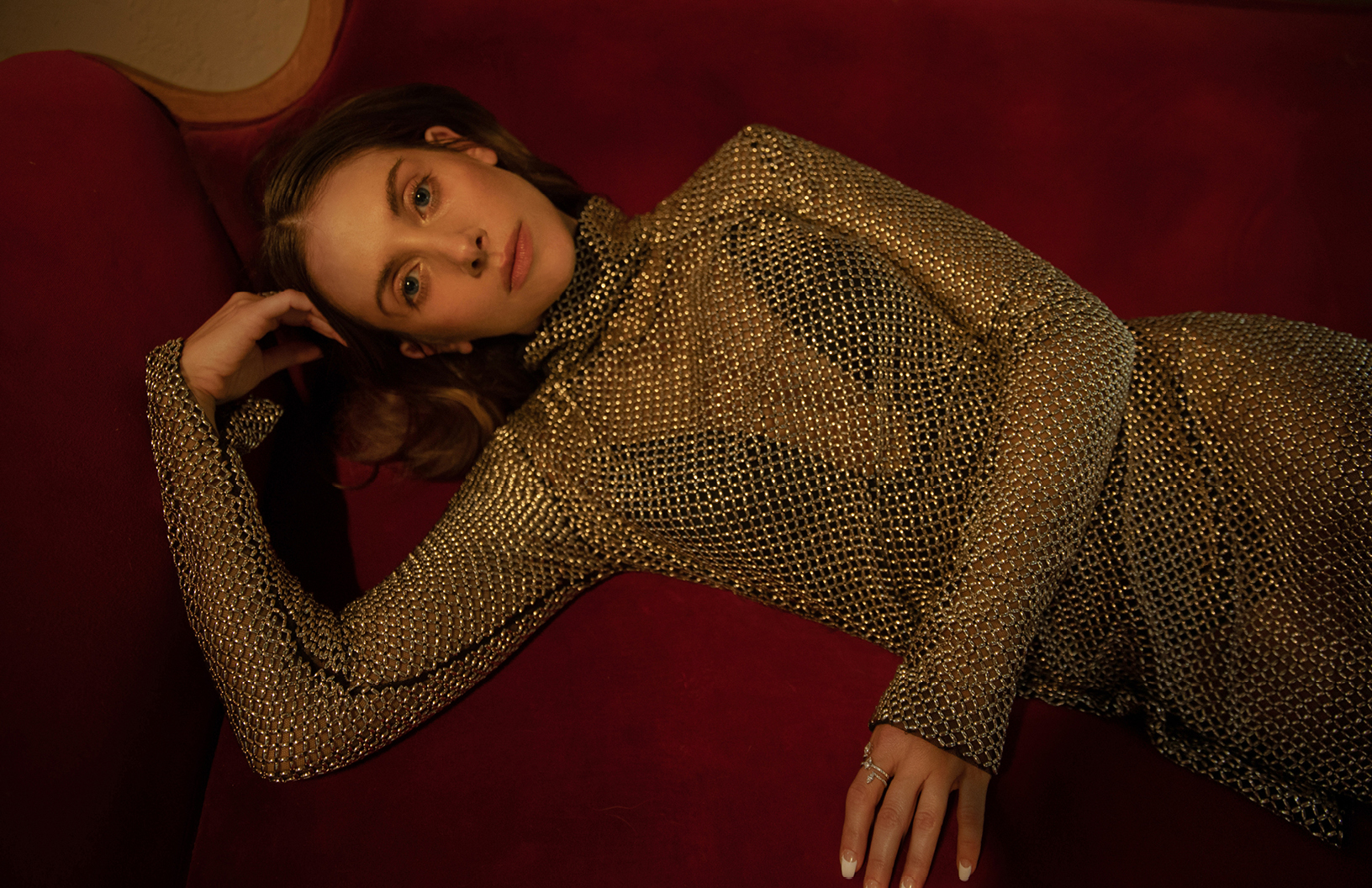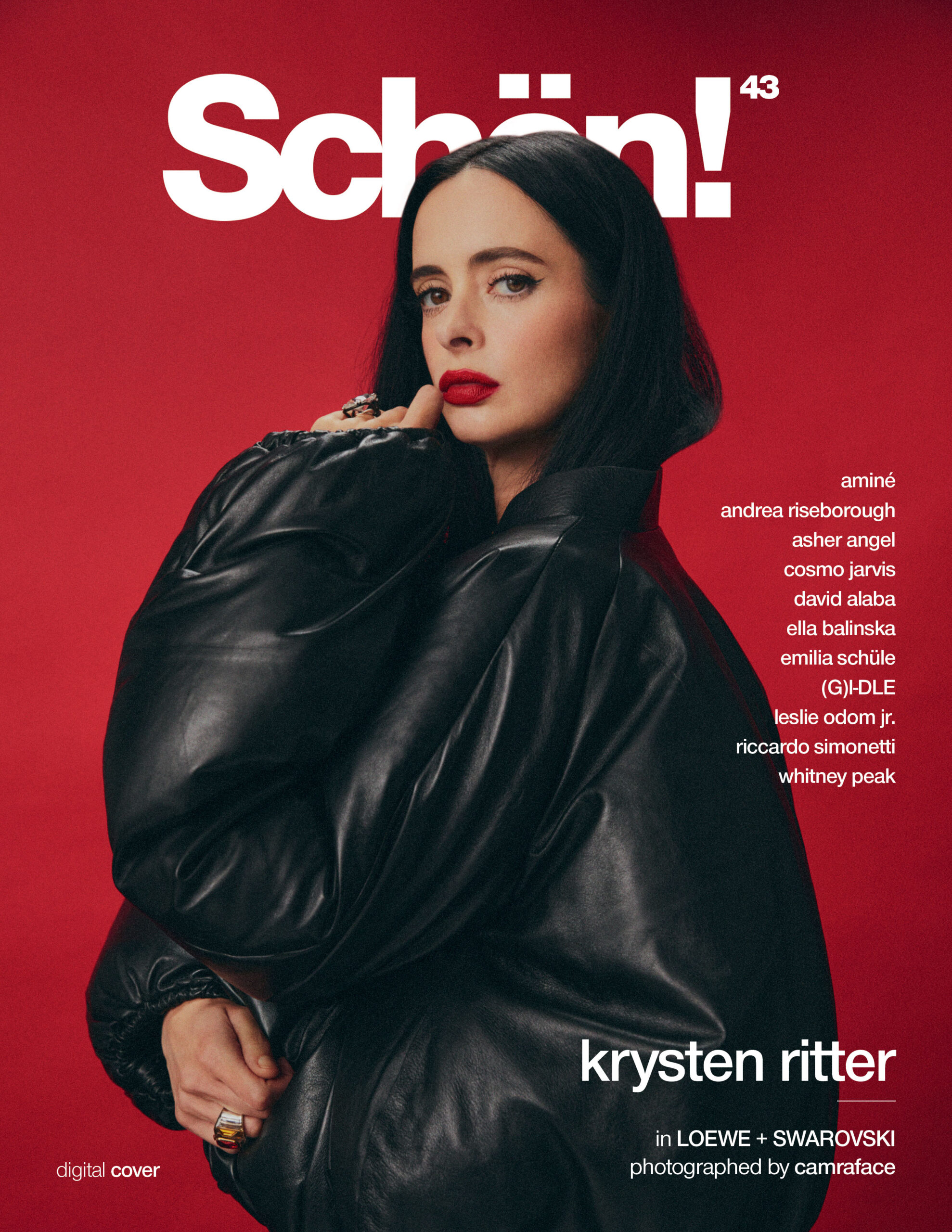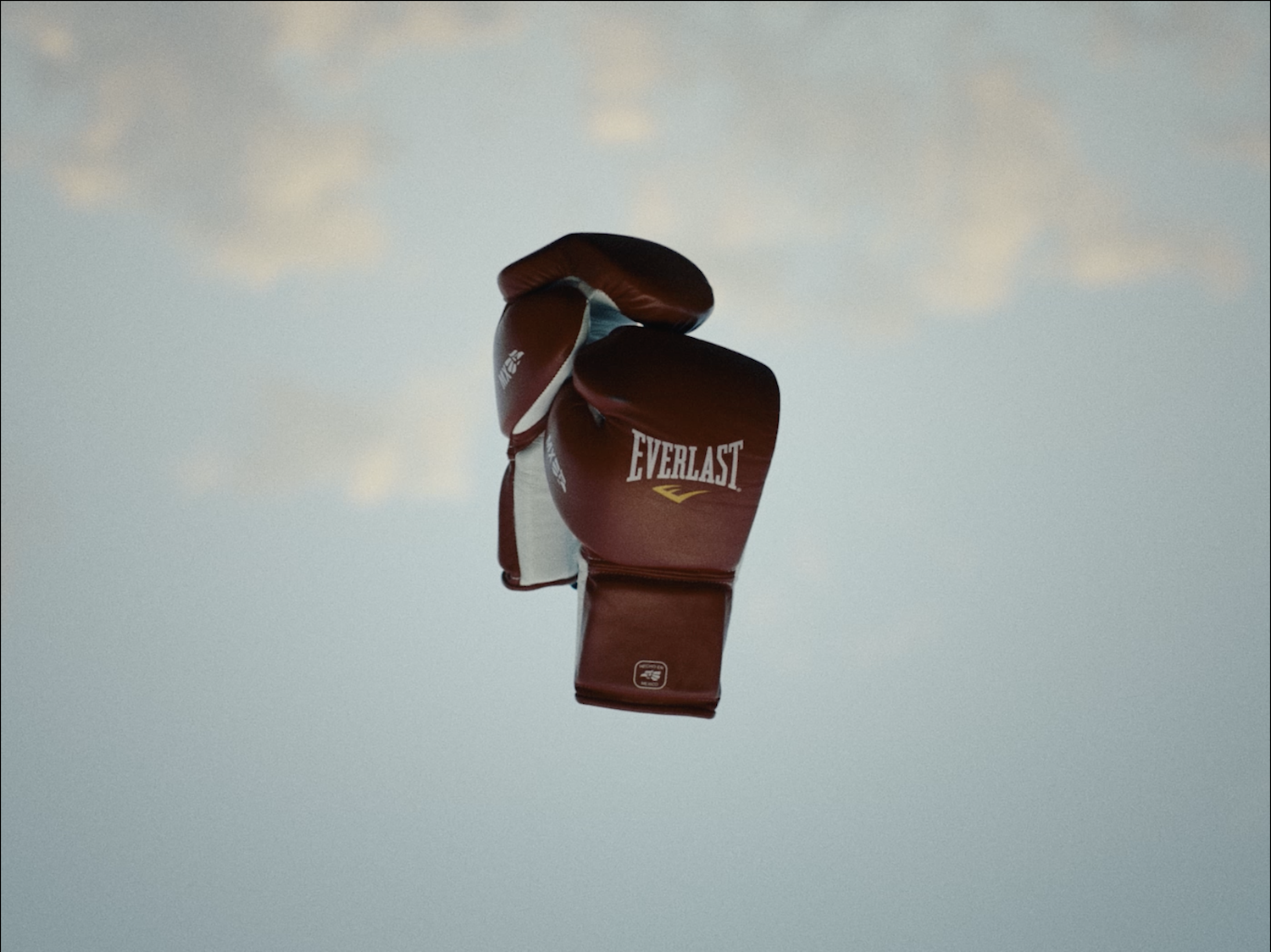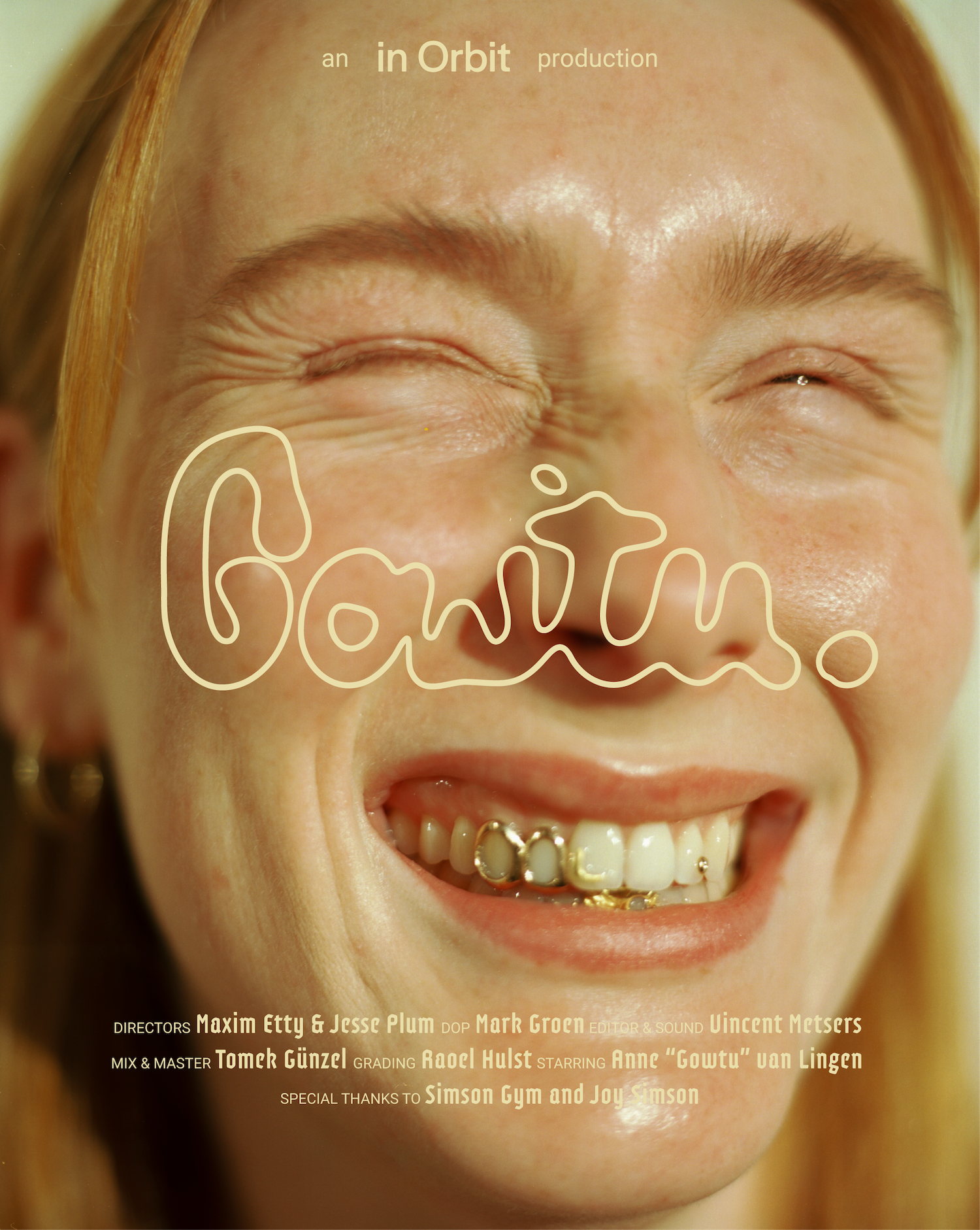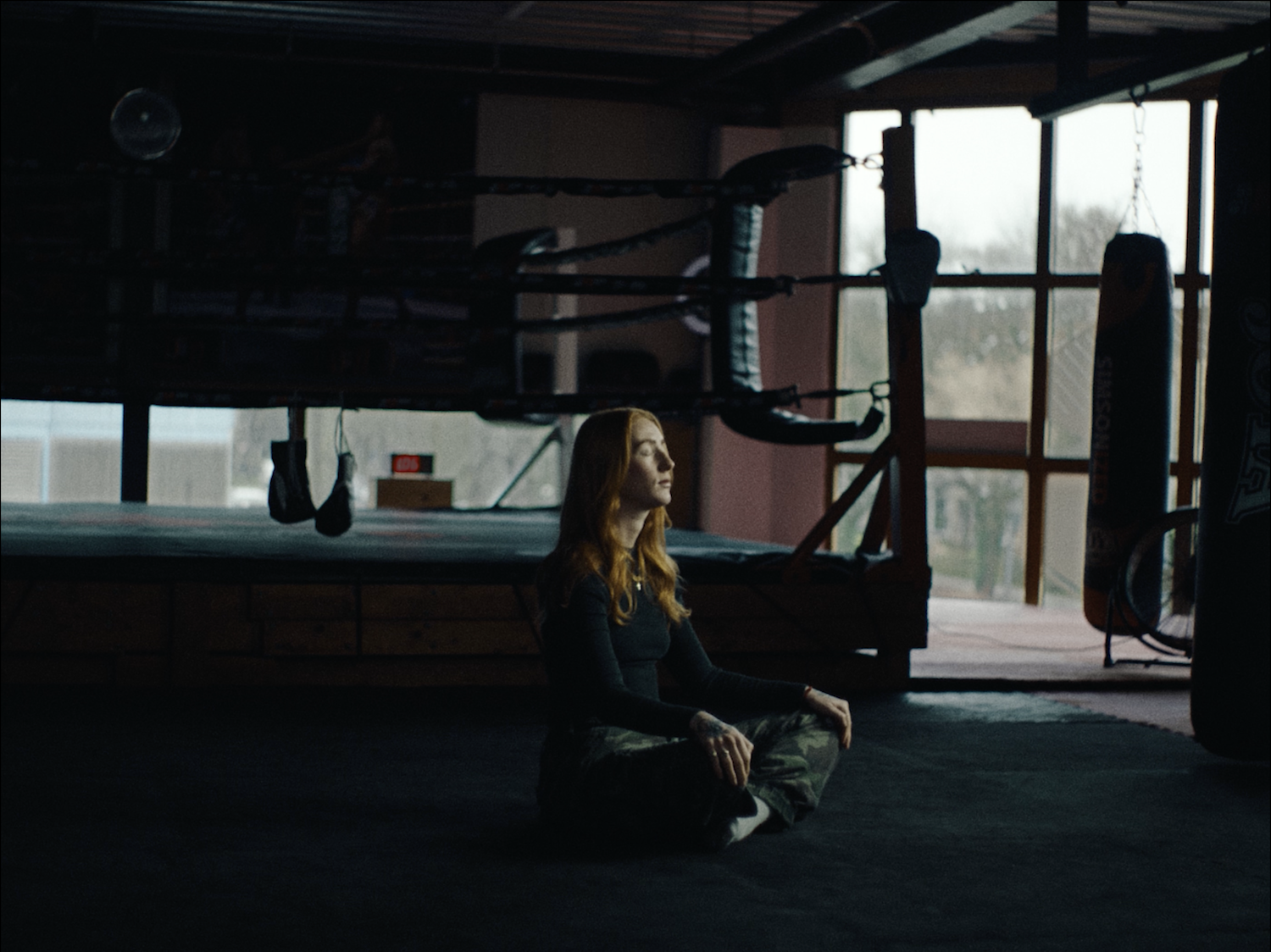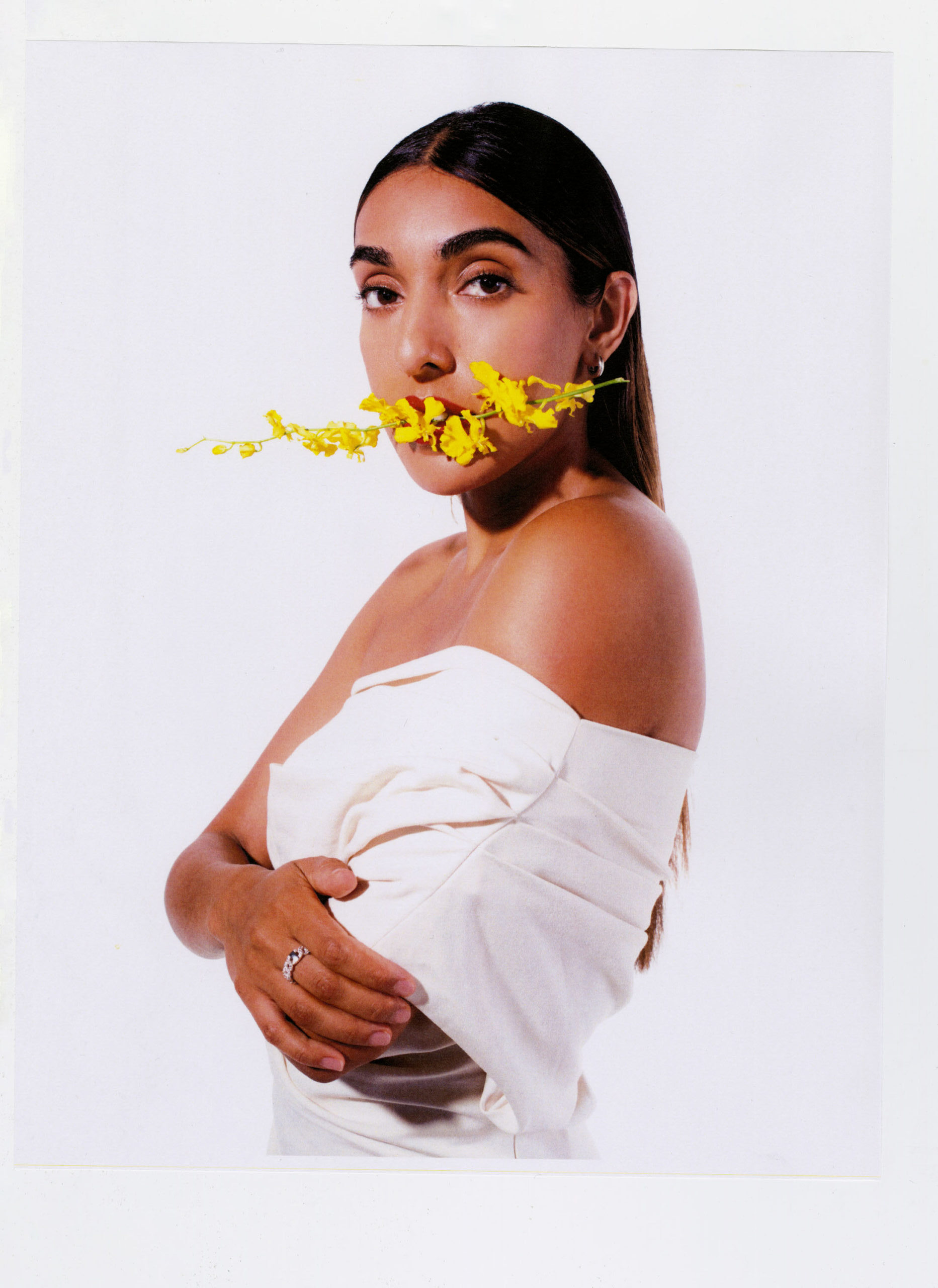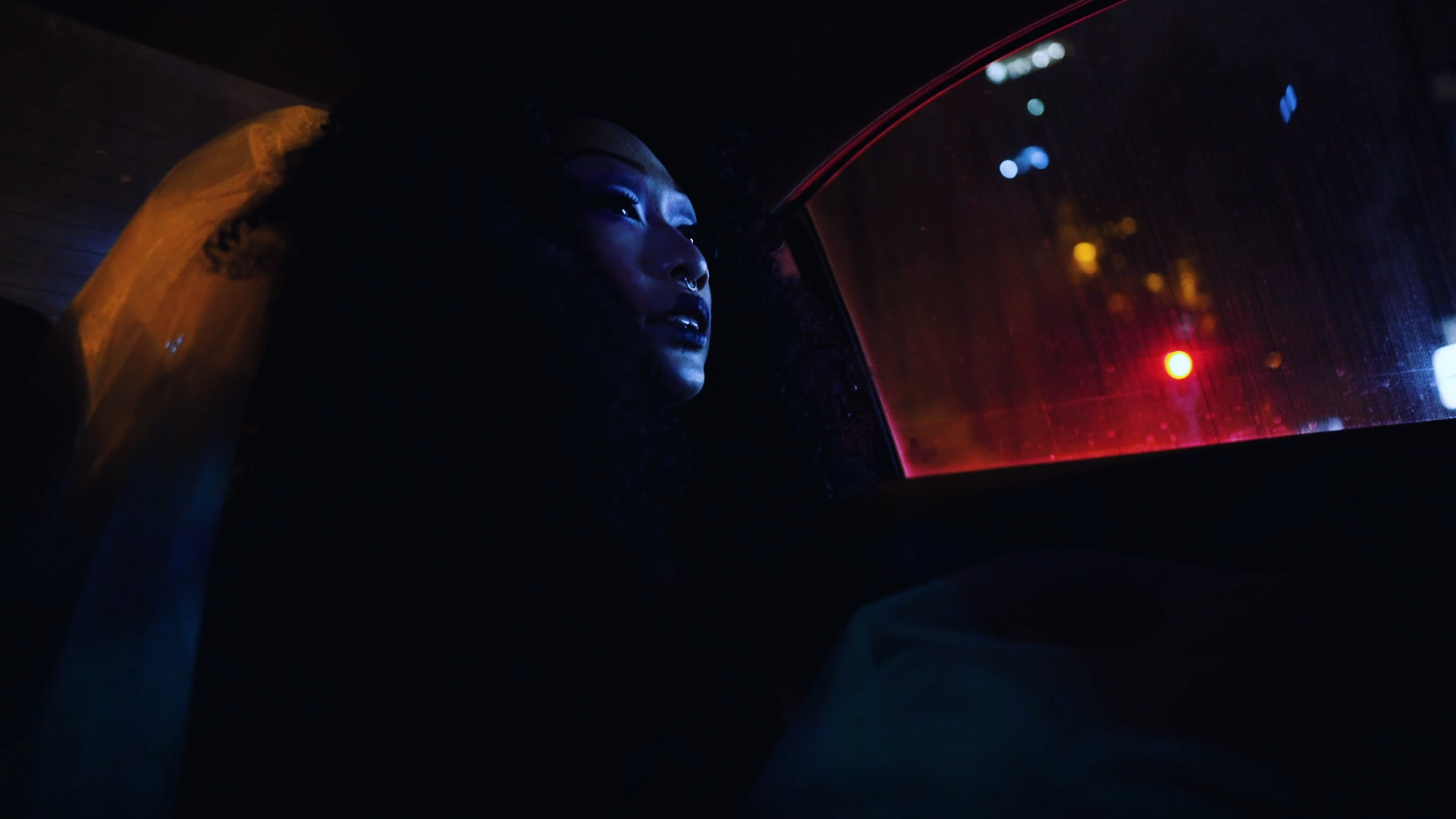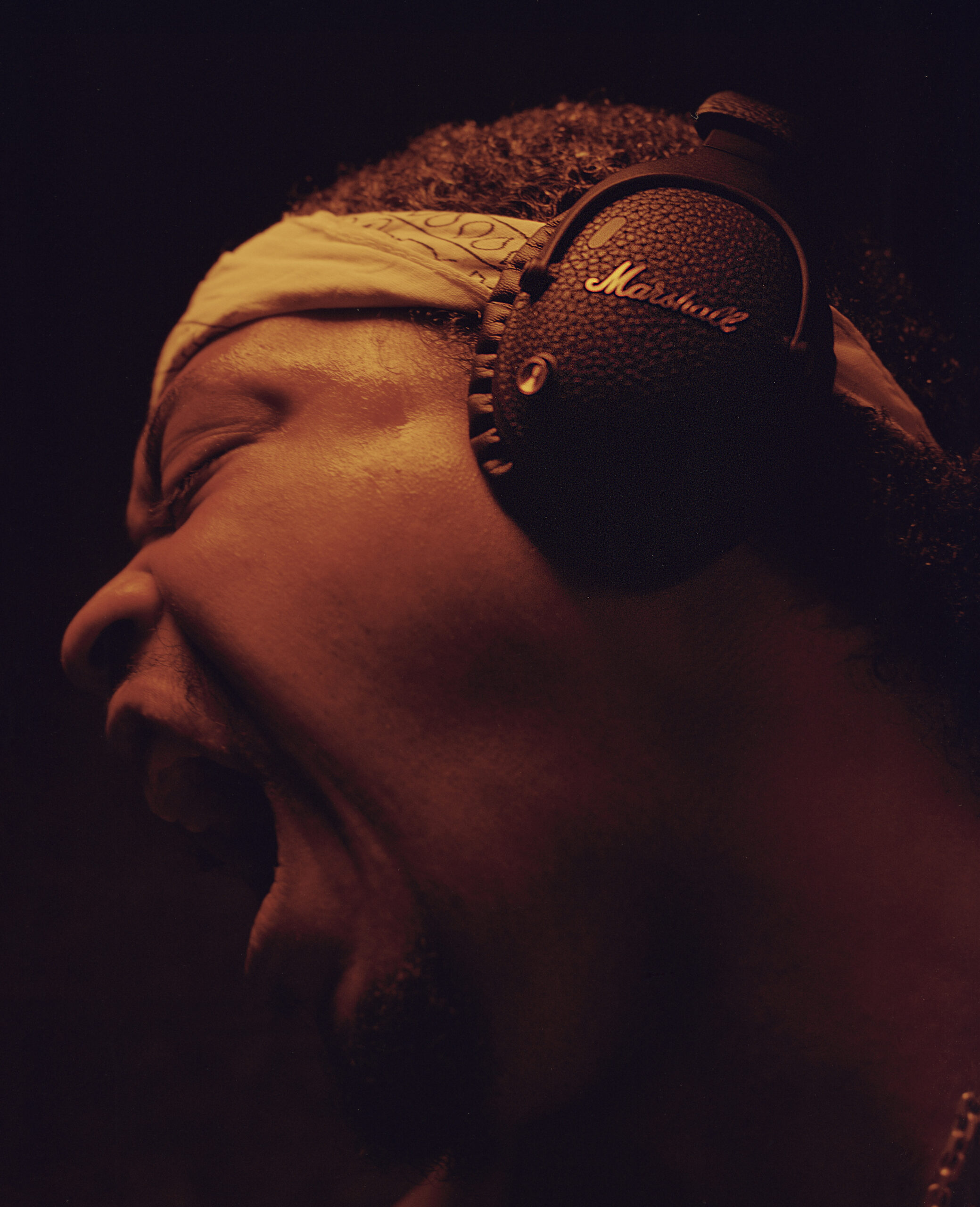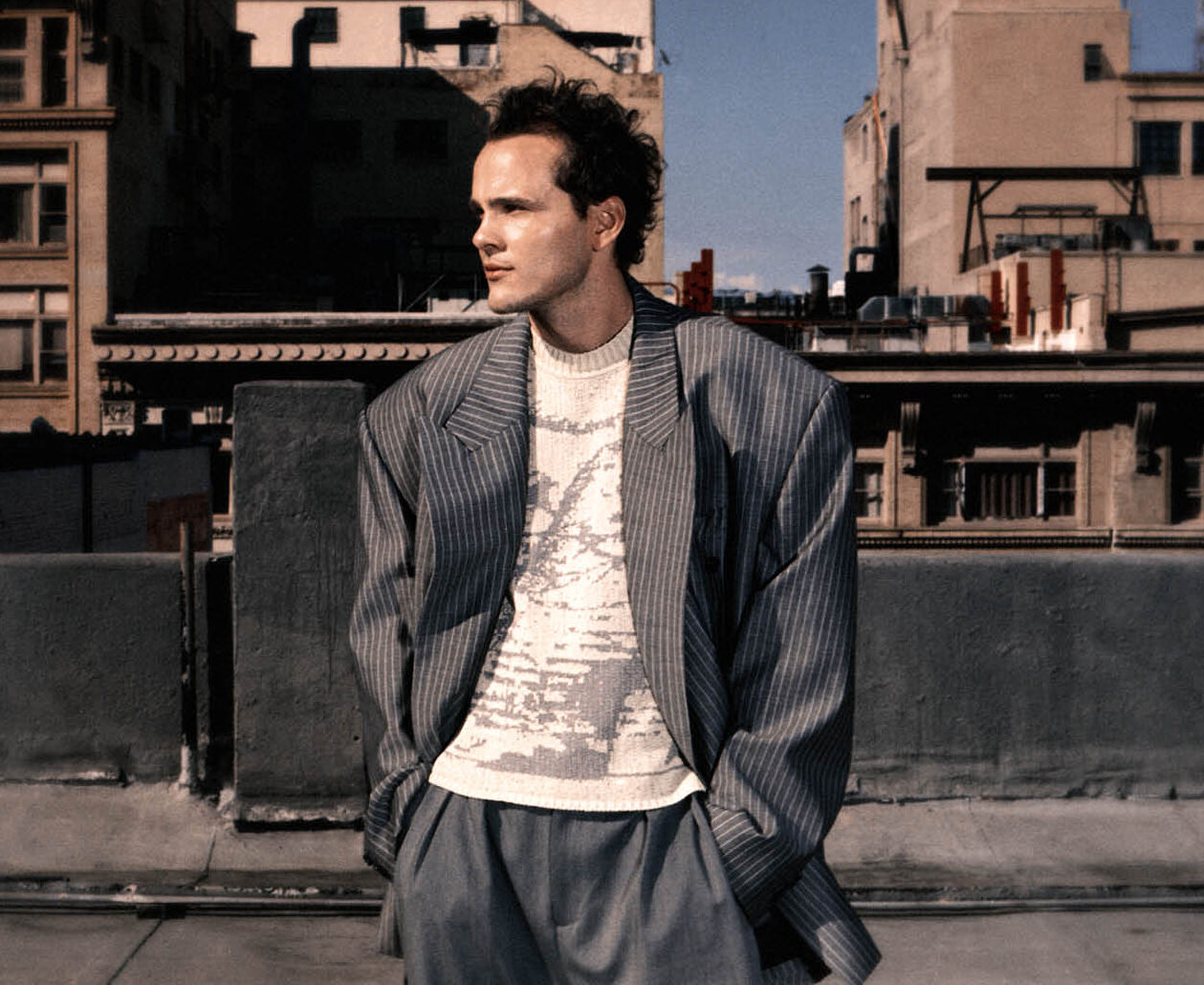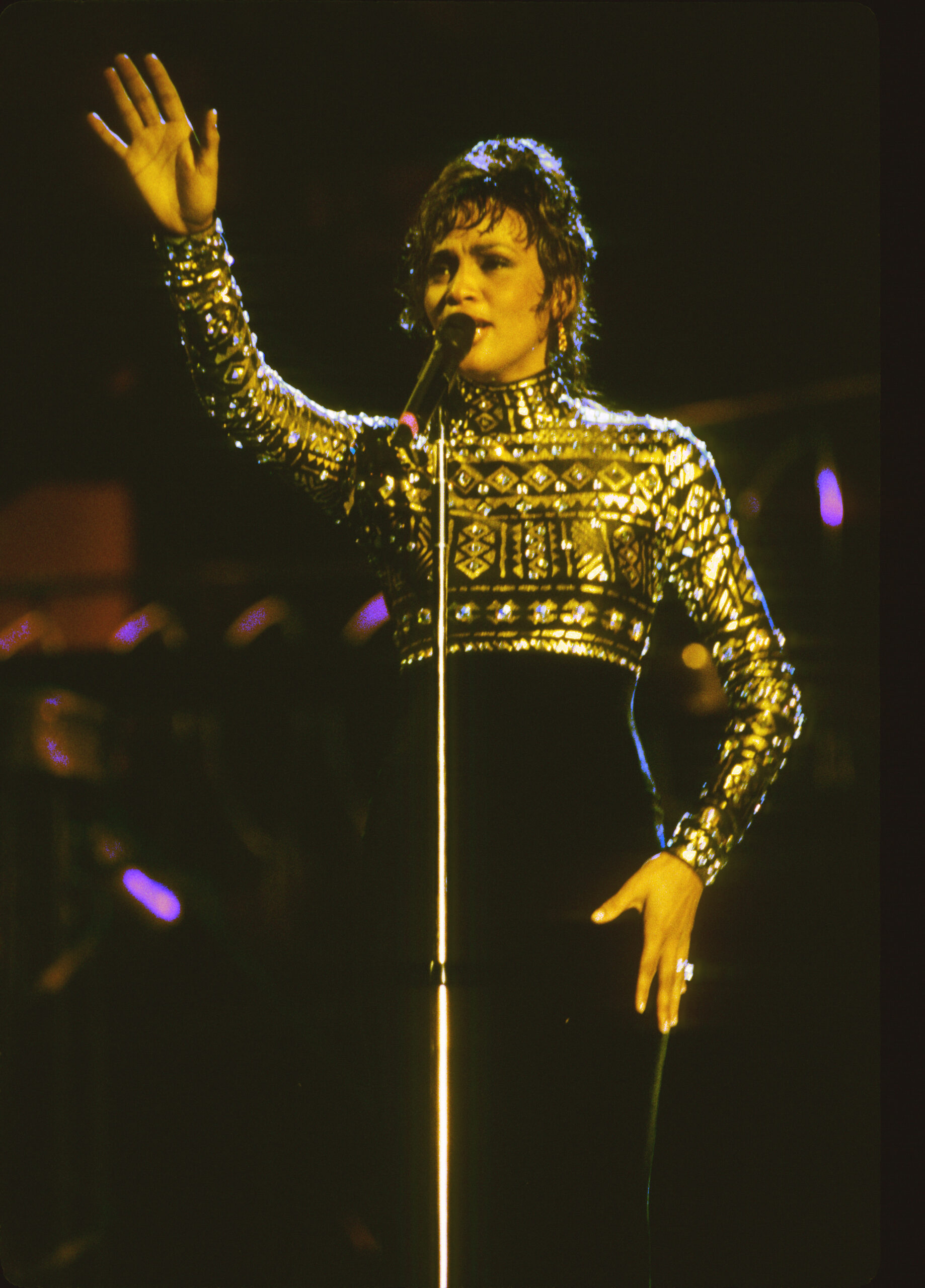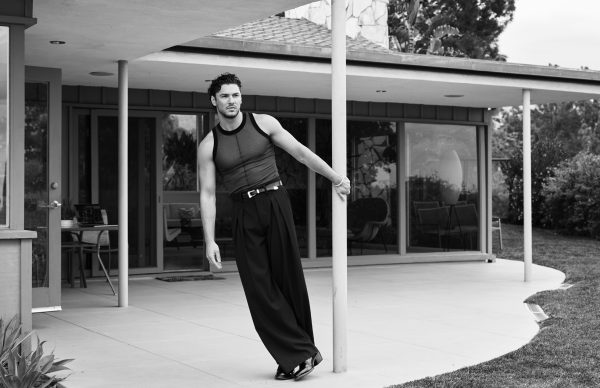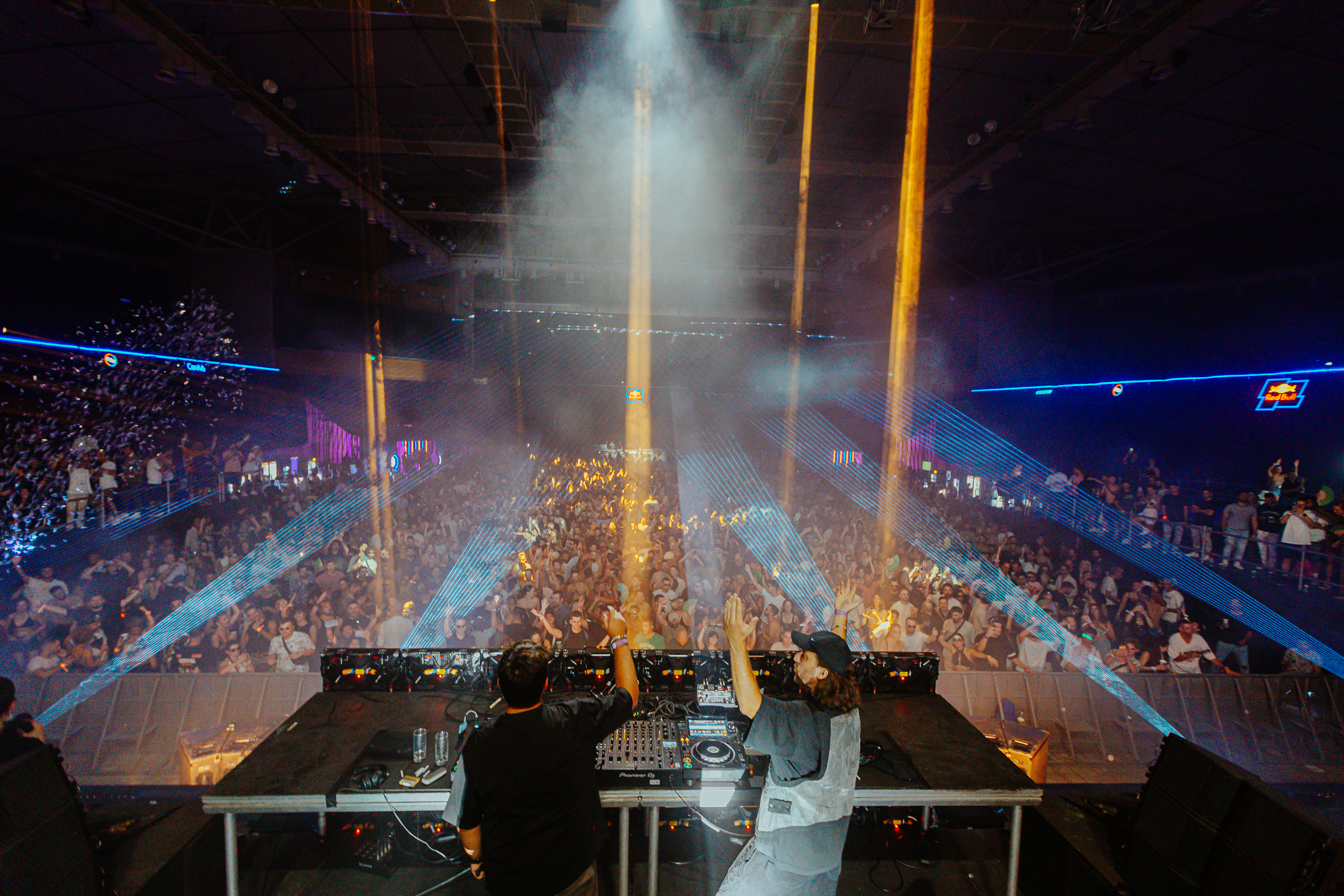
Modern-day Athens is a vibrant blend of ancient history and contemporary culture, where iconic monuments stand alongside busy nightlife streets, and traditional Greek values mix with the 21st-century lifestyle. Recently, however, Athens has emerged as a growing hub for electronic music, transforming into an underground hotspot for this genre. It’s no surprise, then, that Schön! visited PRIMER, the city’s largest and most prominent electronic dance festival. This event, which mixes this ancient history city with cutting-edge soundscapes, featured world-renowned artists such as Martin Garrix, Kölsch, and Eric Prydz.
This year marked the 5th anniversary of PRIMER, a two-day 18-hour musical experience. Visitors were dazzled by an impressive 800-square-meter LED stage, celebrating the festival’s milestone with an unforgettable light show. Around midnight on the first day, attendees were invited to continue the party indoors at the AFTERHOURS stage, located at Water Square and the Faliro Sports Pavilion, where the raving lasted until the early morning.
The festival featured an impressive lineup, including artists like Agents of Time, Argy, Morten, Gordo, Miss Monique, Juicy M, Tujamo, Christian Cambas, Nick Jojo, Pedrik, and Playmen. Festival-goers experienced an exciting mix of dance classics and innovative sets, offering a diverse range of electronic music styles. Thousands of people gathered at this leading festival, eager to be part of Athens’ burgeoning electronic music scene.
To top off the experience, Schön! sat down with Danish electronic music artist Kölsch to discuss his festival performance, career, and creative inspirations.
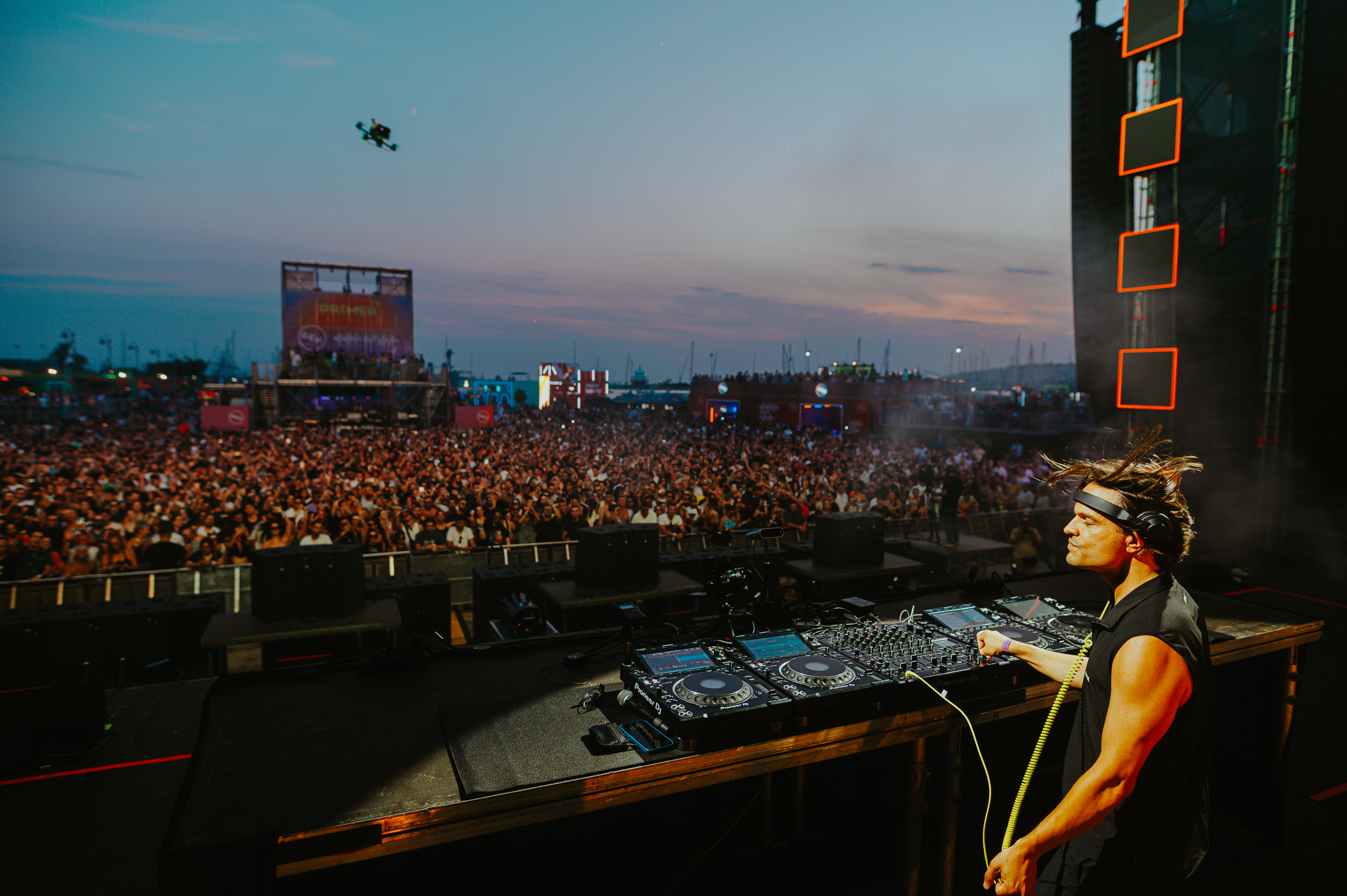
Have you had previous experiences in Athens, either as a musician or visitor? If so, what does the city make you feel?
I last played in Athens at the Sonar Festival, so it’s been a while. It would be great to play more here, but lately I’ve been performing more in Benelux, France, Germany, and the UK. After Brexit, though, things slowed down a bit. Athens is amazing. I love Greek culture and the attitude here—there’s a certain power in it. Wherever I go, I try to understand the local vibe and reflect that in my music. I like to get under people’s skin, find their vulnerabilities, and tug at their hearts.
What cultural elements inspire this approach?
It’s a mix of culture, age, and sometimes even political elements. Over time, you learn what works in different places and what references people will understand. This comes from years of experience.
PRIMER is the biggest festival in Athens. How does it feel to play here?
It feels incredible! The venue is stunning, and the MainStage is huge. I’m also playing the after-party in the stadium—it’s going to be awesome.
When you’re travelling to different cities, do you have any rituals or routines you follow outside of music?
I usually visit art museums. I love both modern and ancient art, but when I have free time, I prefer ancient art. I also like wandering the streets, having a beer at a corner café, and watching people. It’s fascinating to see the archetypes—you find the same ones in every city.
Your music often carries deep emotions. How do you blend that with electronic music?
Electronic music is a perfect medium for transmitting emotions without words. It’s similar to classical music in that it’s often composed by one person. As electronic artists, we control every aspect of what we want to express emotionally. It allows for a very direct emotional connection, much like storytelling. My first three albums were about my childhood and personal experiences, while my latest one explores the loss of my father, a project that took me 20 years to complete.
Did creating that album help process your emotions?
Absolutely. It was something I needed to do for myself. My father passed away in 2004, and I incorporated recordings he made with his guitar into the music. It became a very personal and healing process for me.
How did your mother react to the album?
It was very emotional for her. It took some time for her to digest it all. We all process grief in different ways, and this album was my way.
It sounds like grief remains a part of life.
Yes, but my father was a devoted Buddhist, and that philosophy has influenced me. I’m not a Buddhist, but if I were to adopt a way of life, it would align with those teachings. It’s a very growth-oriented way of living, reminding you that everything you do has consequences. My father always reminded me of that and of the importance of laughter in life.
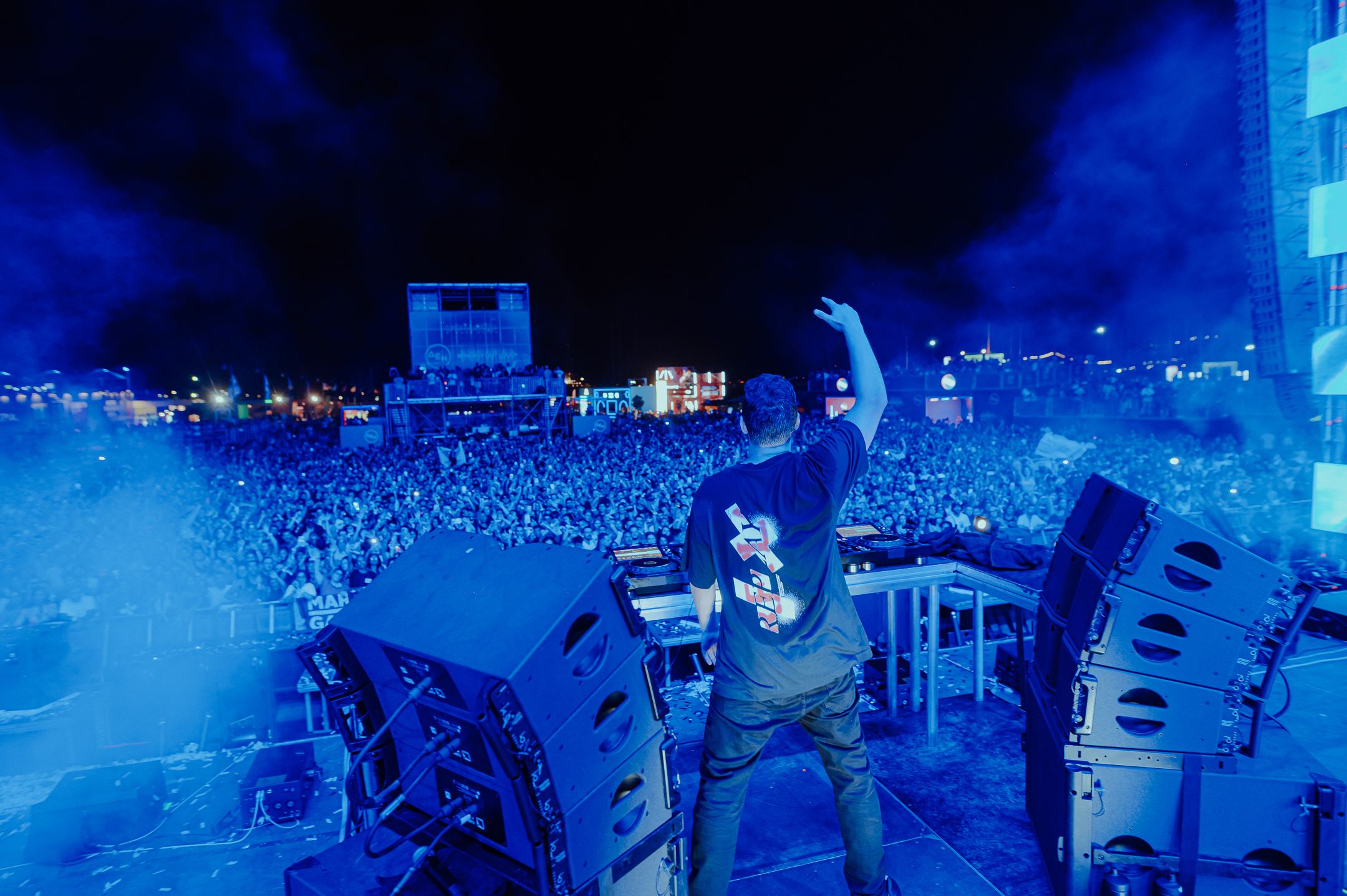
Who were your musical inspirations growing up?
Philip Glass, Prince, and the band Steely Dan were huge influences for me.
Do you find that certain emotional states are best for creating your music?
It changes over time. I used to lock myself in the studio for 24 hours and create, but now it’s more conceptual. Sometimes, it takes me years to figure out how to bring an idea to life. For example, I wanted to make a jazz techno record, and it took me 10 years to figure it out. Right now, I’m trying to combine disco samples with a romantic approach, but I’m not quite there yet.
Do you think electronic music has lost some of that emotional depth?
A lot of electronic music today feels stiff and unsexy. I miss the funk that used to be part of techno. If you listen to Jeff Mills, his music is hard, but it also has energy and swing. I wish more music today had that vibe.
You’ve collaborated with many artists. Which collaboration has been your favourite?
Working with the London Symphony Orchestra for my third album, 1989, was incredible. It was beautiful to see how disciplined the musicians were. The lead violinist’s solo brought tears to my eyes. I sometimes miss that kind of craftsmanship in electronic music.
Do you have a favourite instrument?
The cello. It has such depth and emotion. I’ve also started re-recording my music with live instruments, which adds another layer of emotion to electronic compositions.
If you could collaborate with any artist, who would it be?
I’m obsessed with Christine and the Queens. I’ve tried reaching out a few times, but no luck so far. Something is appealing about the mystique of not meeting your heroes.
What do you consider your biggest accomplishment over the last 15 years?
Playing at Panorama Bar was a full-circle moment for me, especially during my 8-hour set. Performing with a symphony at Tomorrowland was also really special. I’ve been lucky to have many beautiful moments in my career.
We often hear orchestral elements in your music. Where does your interest in blending electronic and orchestral music come from?
Inspiration can come from anywhere—art, a meal, a conversation. For instance, I once heard someone say, “If we don’t lose each other, we can be losers together.” It stuck with me. I also get inspired by moments I observe while performing, like seeing someone completely lost in the music. Those personal, intimate experiences fuel my creativity.
Are you exploring any new directions in your work?
I’m working on an art project called A Thousand Nights. It’s a collection of photos from every hotel room I’ve stayed in over the past 15 years. I want to create an exhibition to capture the strange, repetitive nature of life on the road. It’s a way of expressing the discomfort of living in luxury hotels that never quite feel like home.
How do you create a sense of home while travelling so much?
I mess things up as soon as I arrive. I rearrange the pillows and make my mark somehow.
You have some remixes coming up. What do you hope the audience takes from them?
One remix, “Within You”, is one of the most emotional tracks I’ve ever written. I also remixed Blue Boy’s “Remember Me,” which is a classic. I’m exploring new experimental sounds and feeling energized after finishing my last album, which was a personal journey. Now, I’m ready to bring more joy and make people happy through my music.
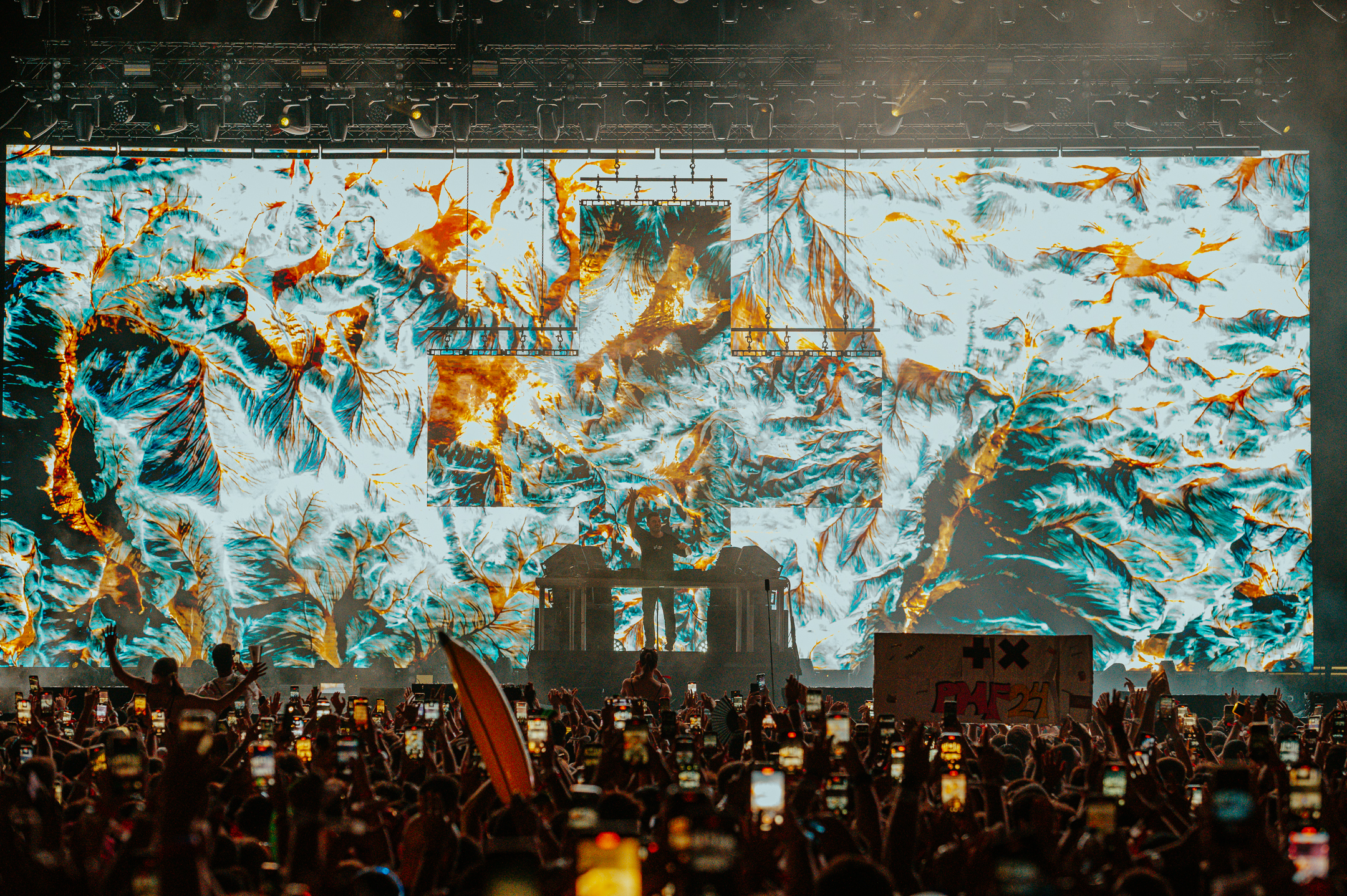
Stay tuned for next year’s edition of PRIMER at primermusicfestival.com.
words. Dave Lantinga
special thanks. The Media Nanny






